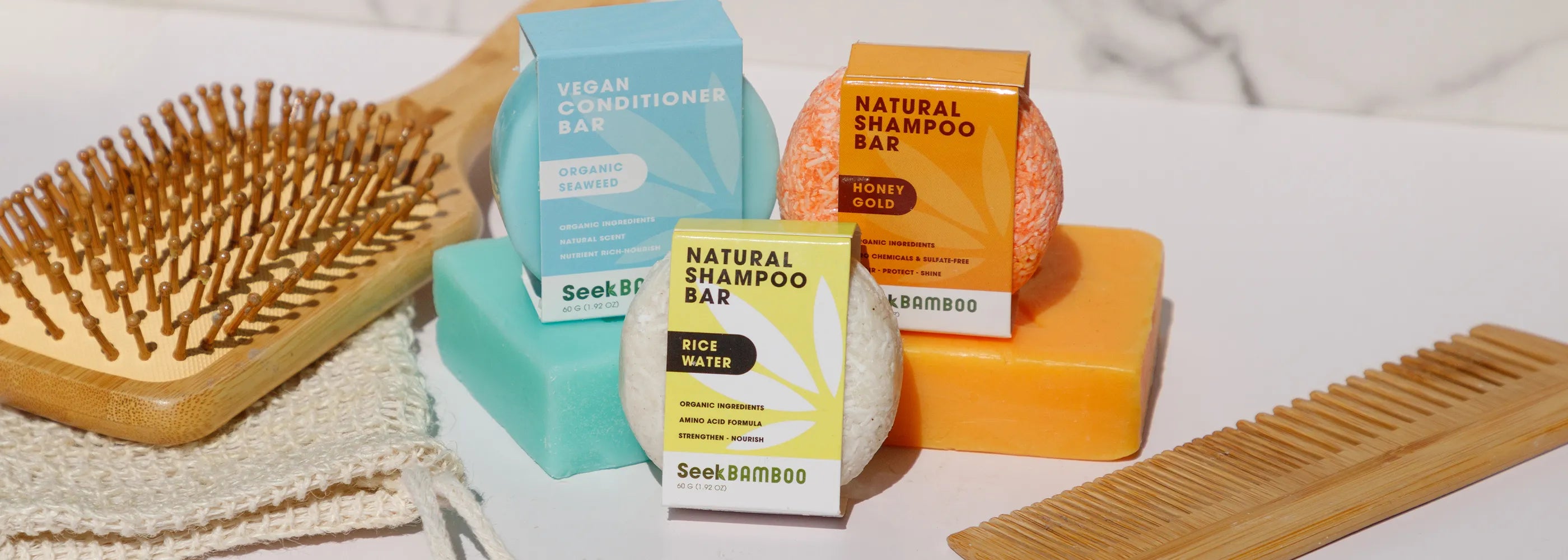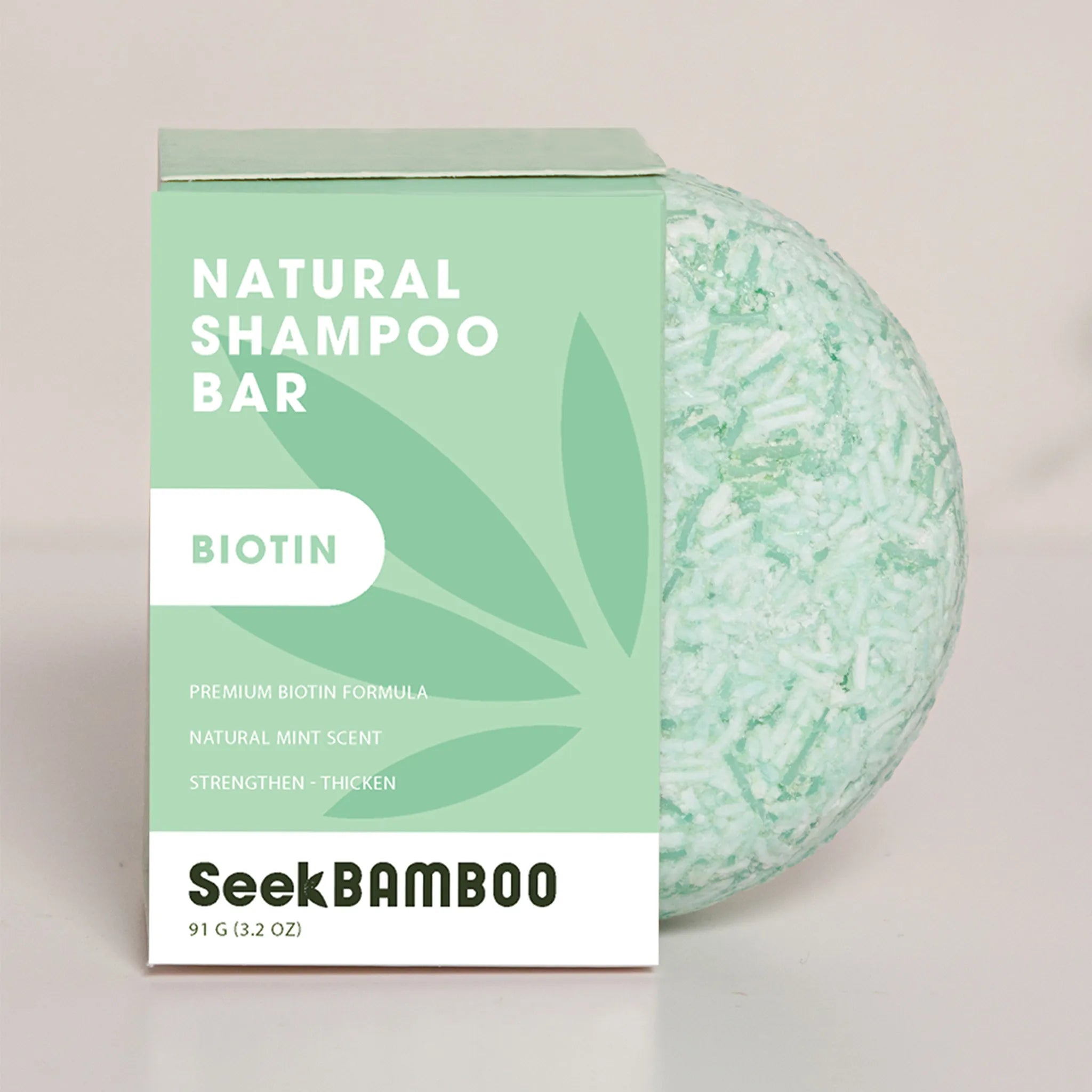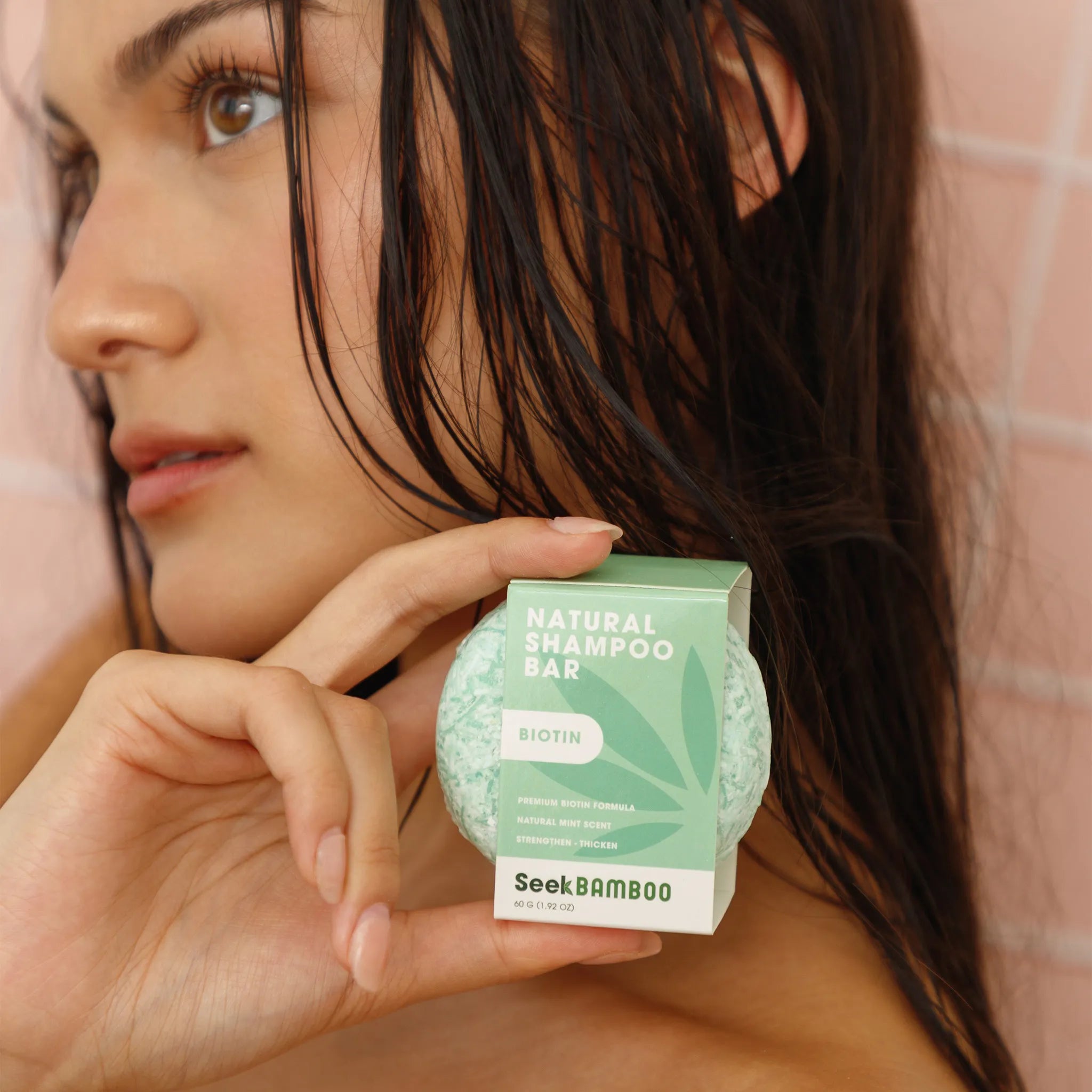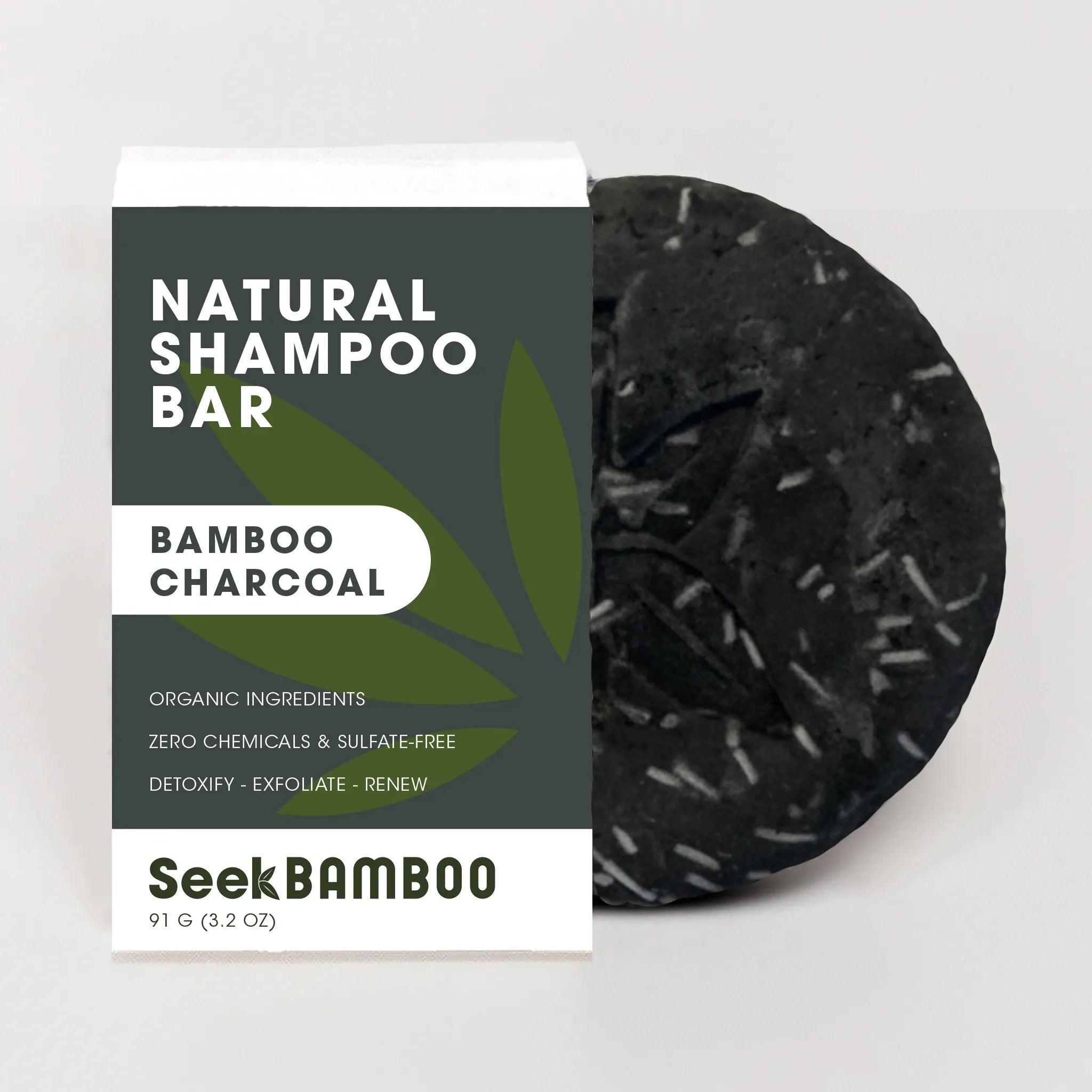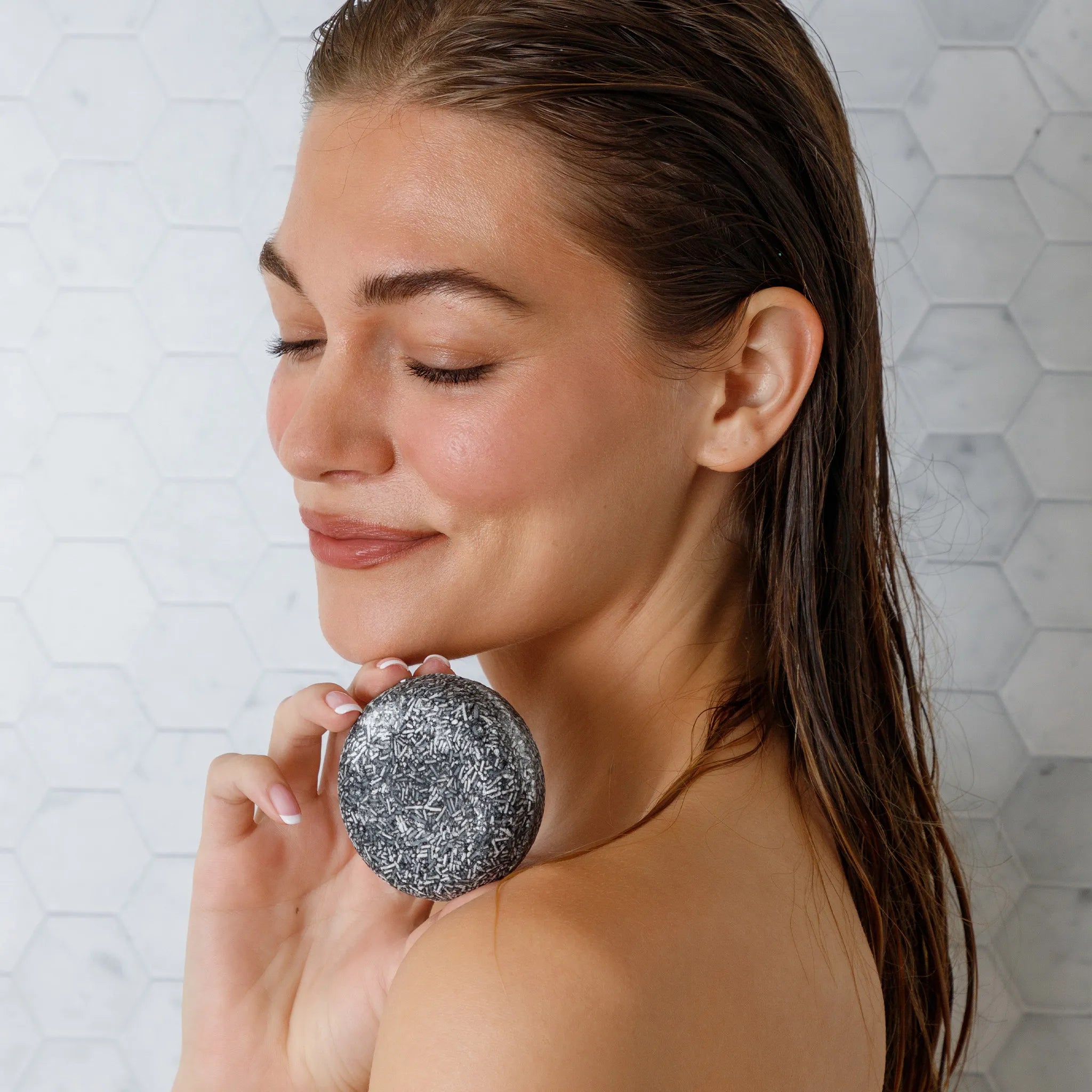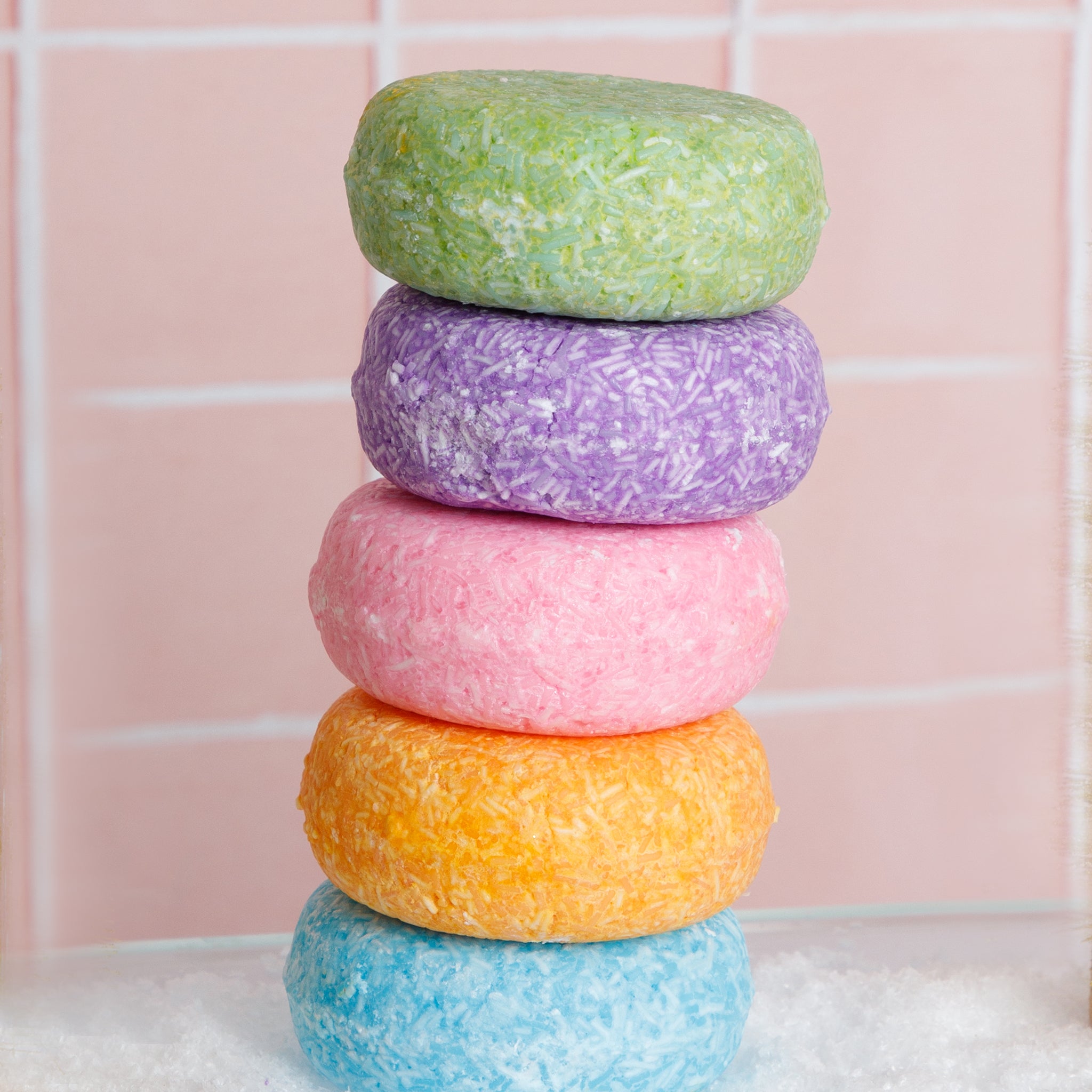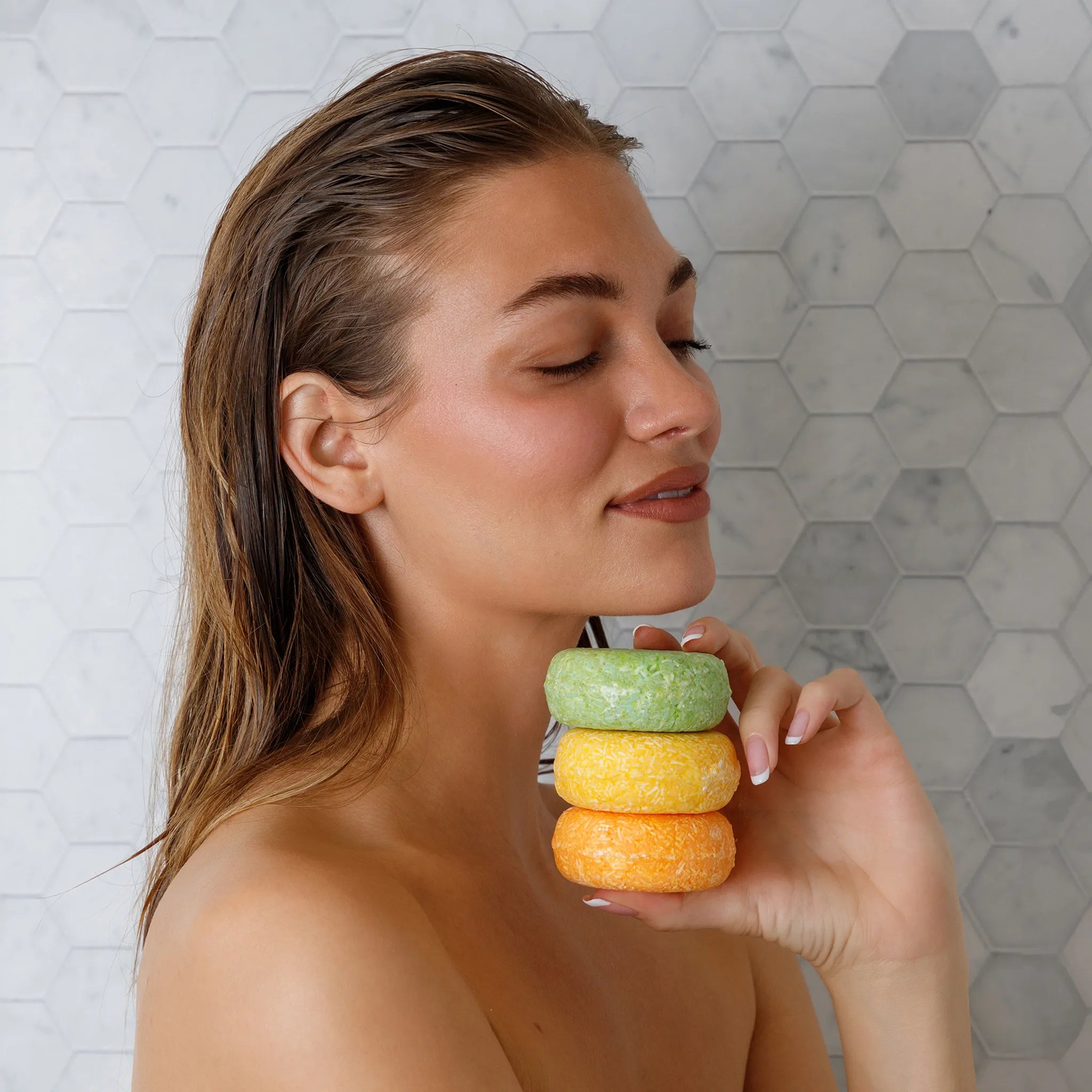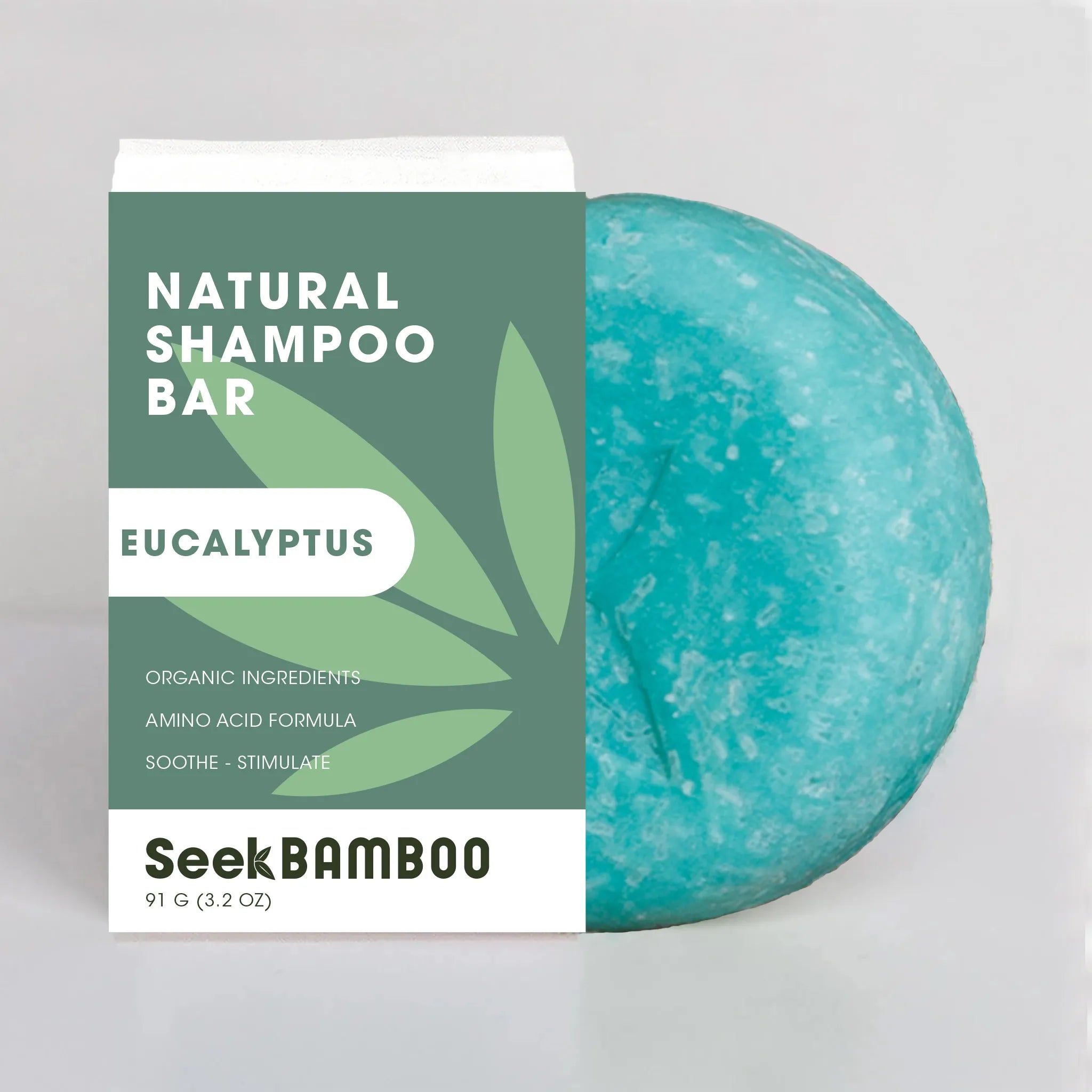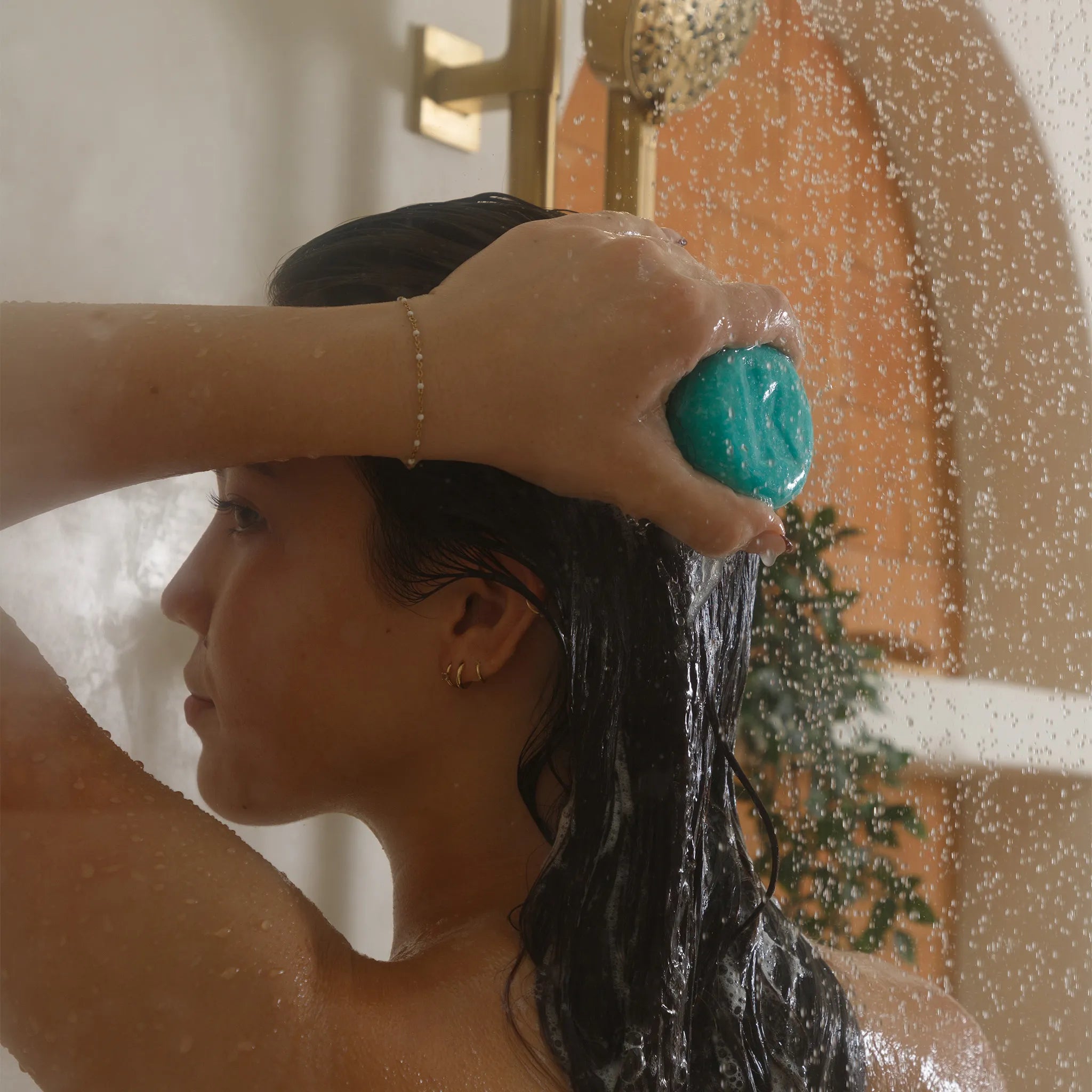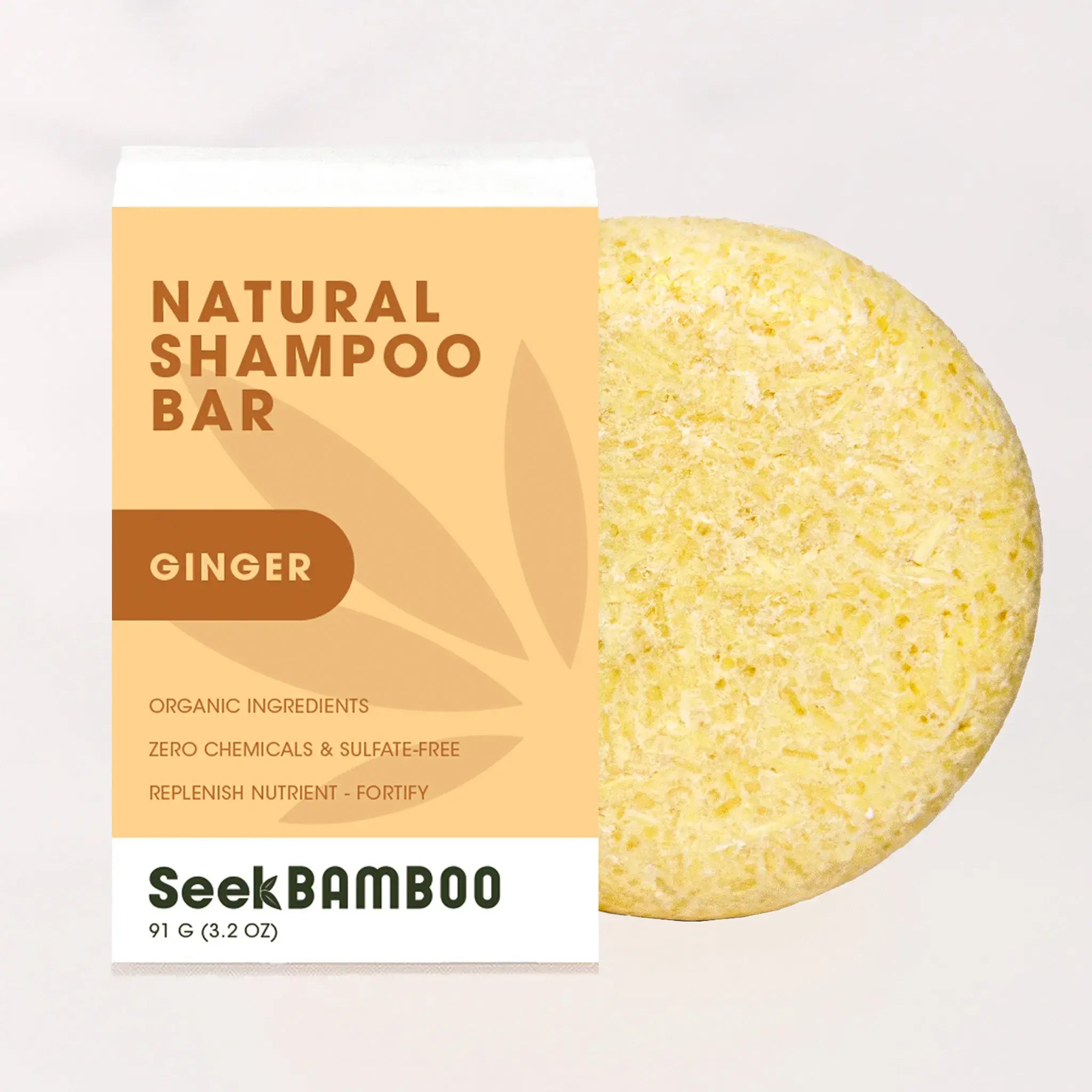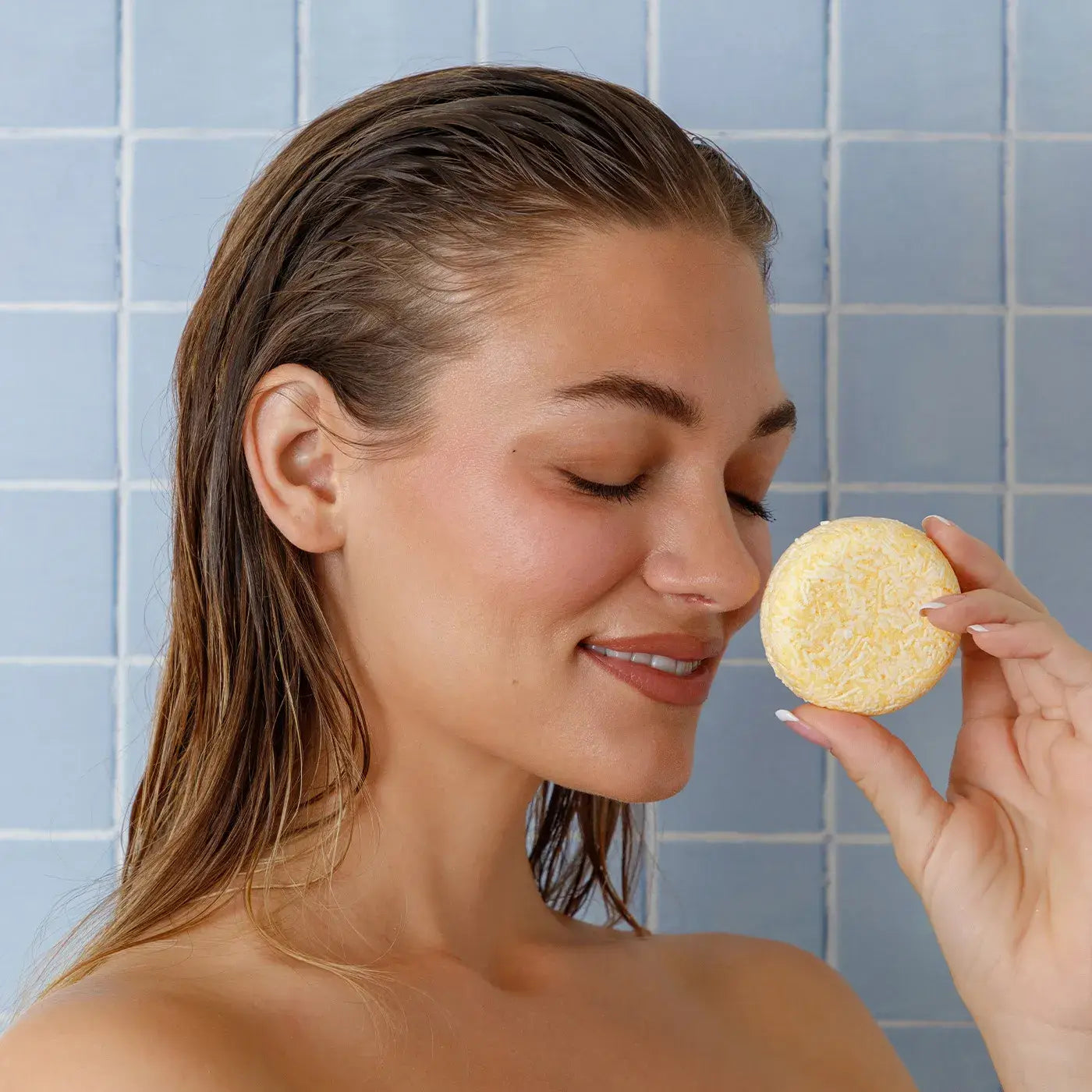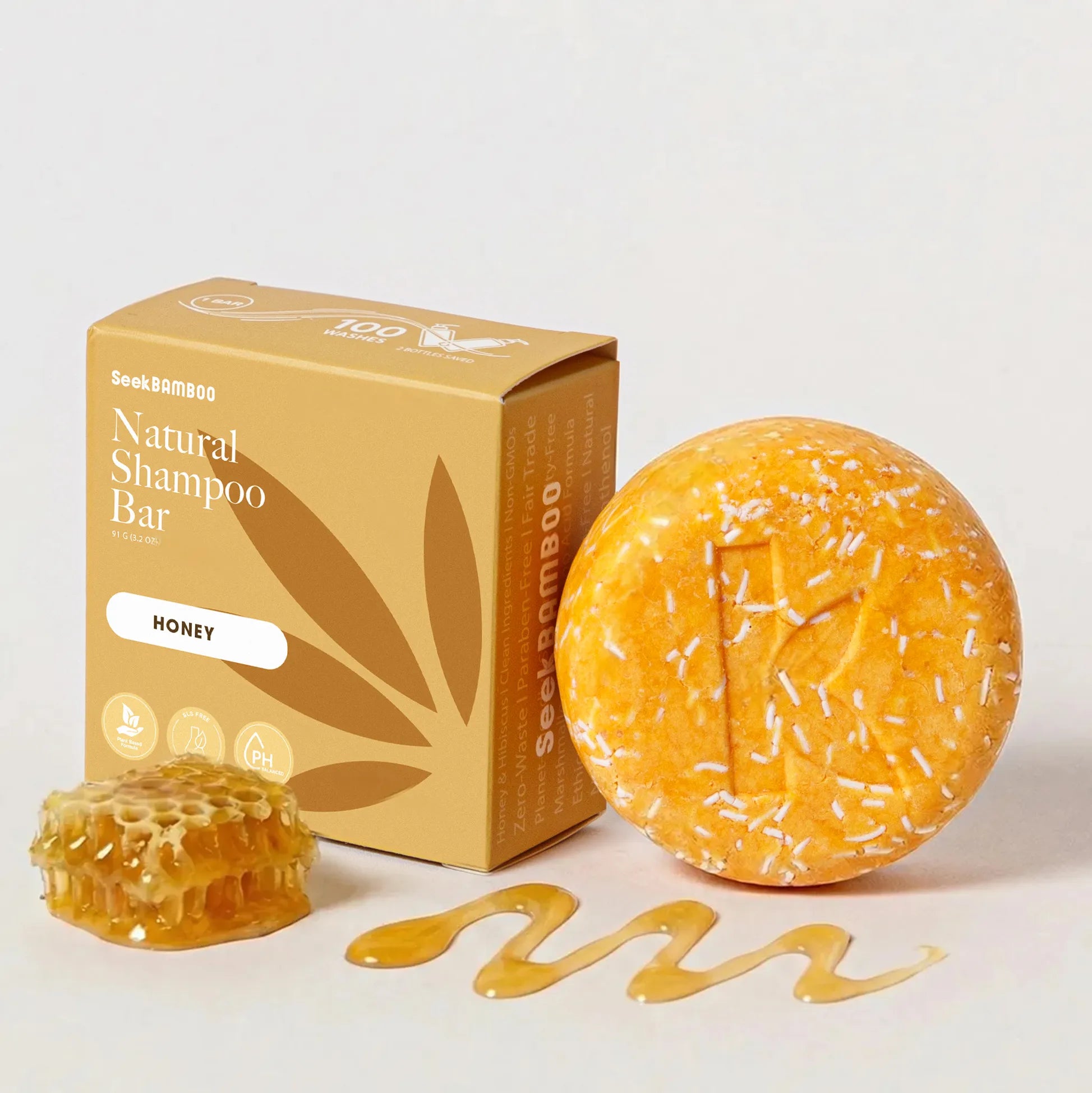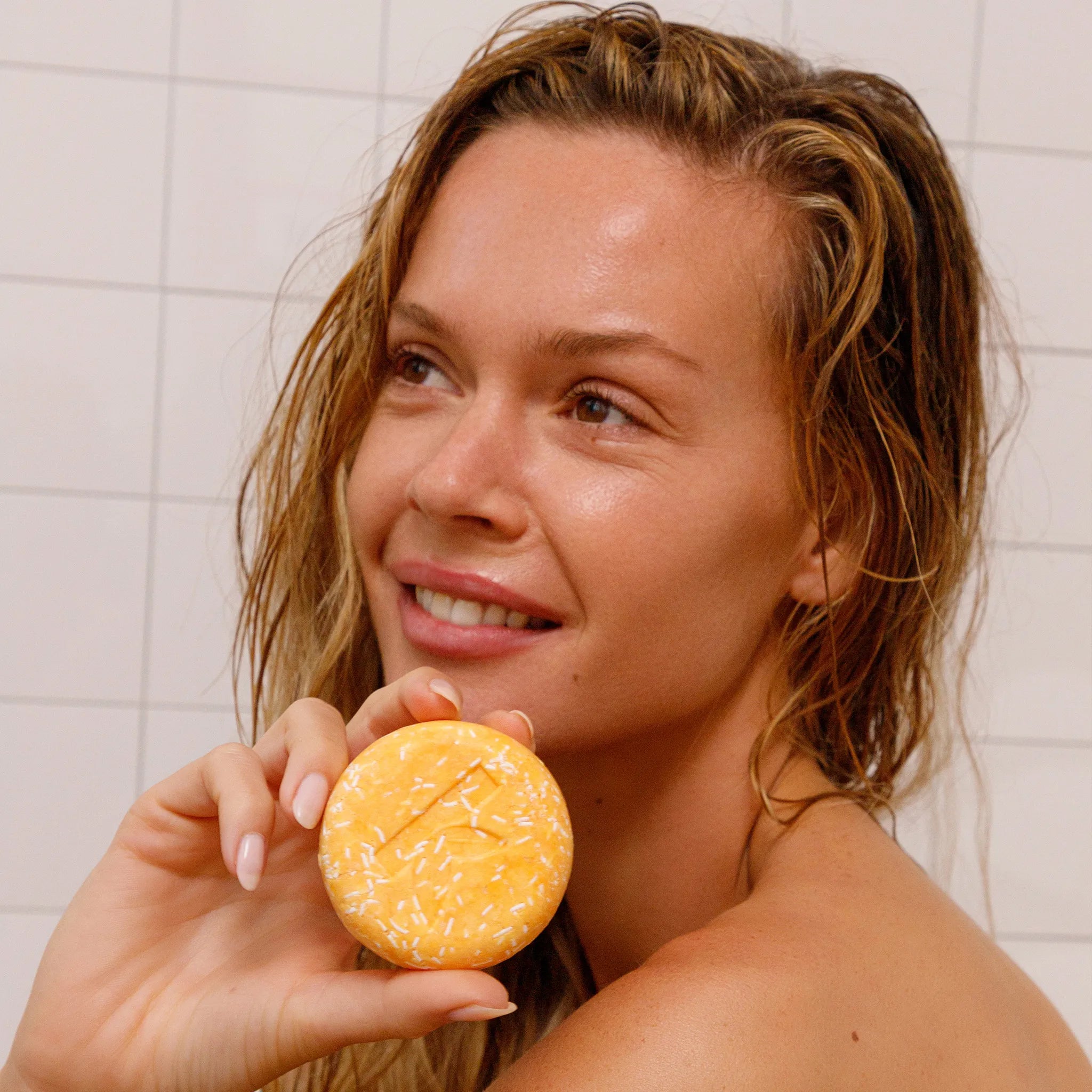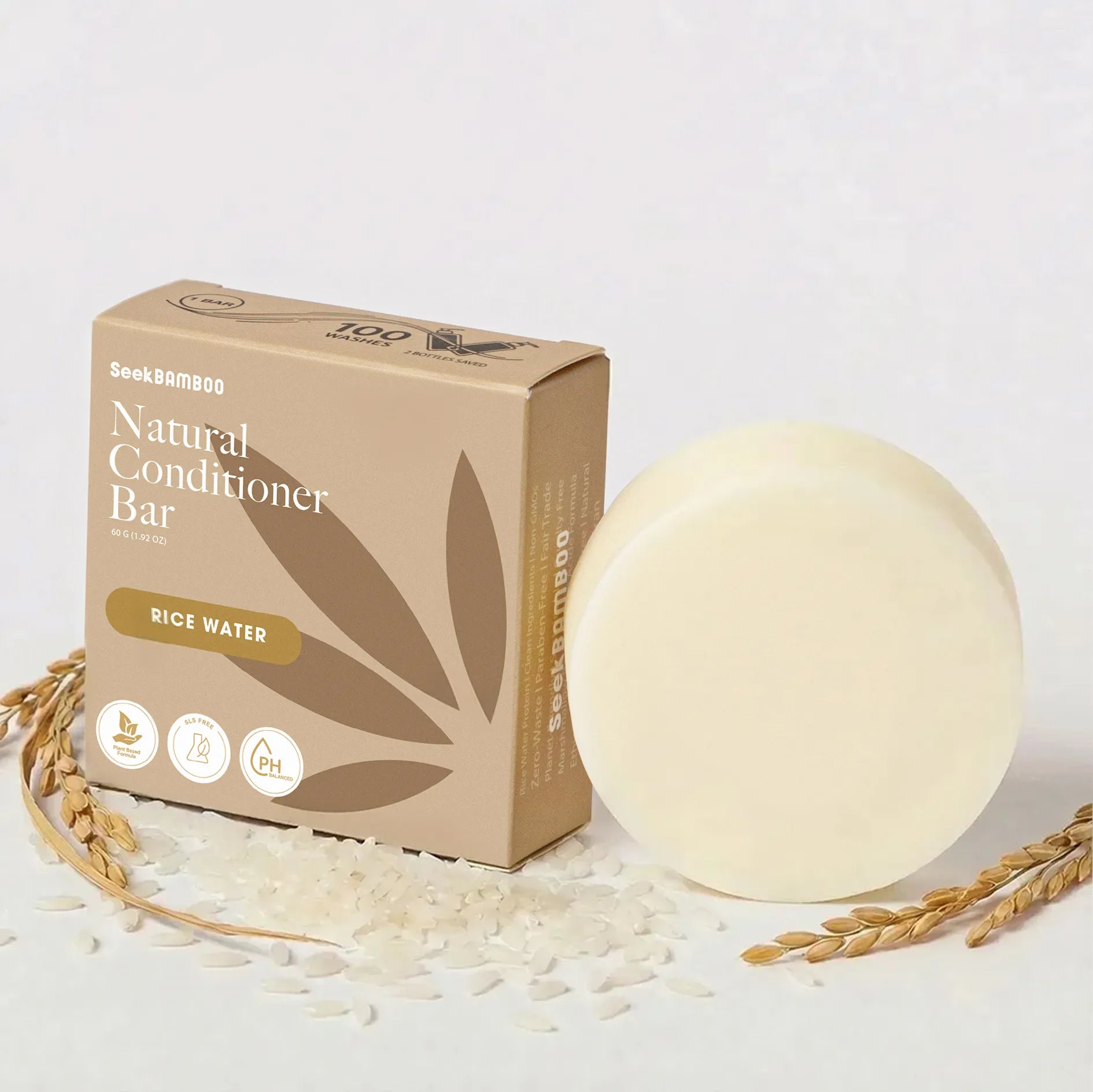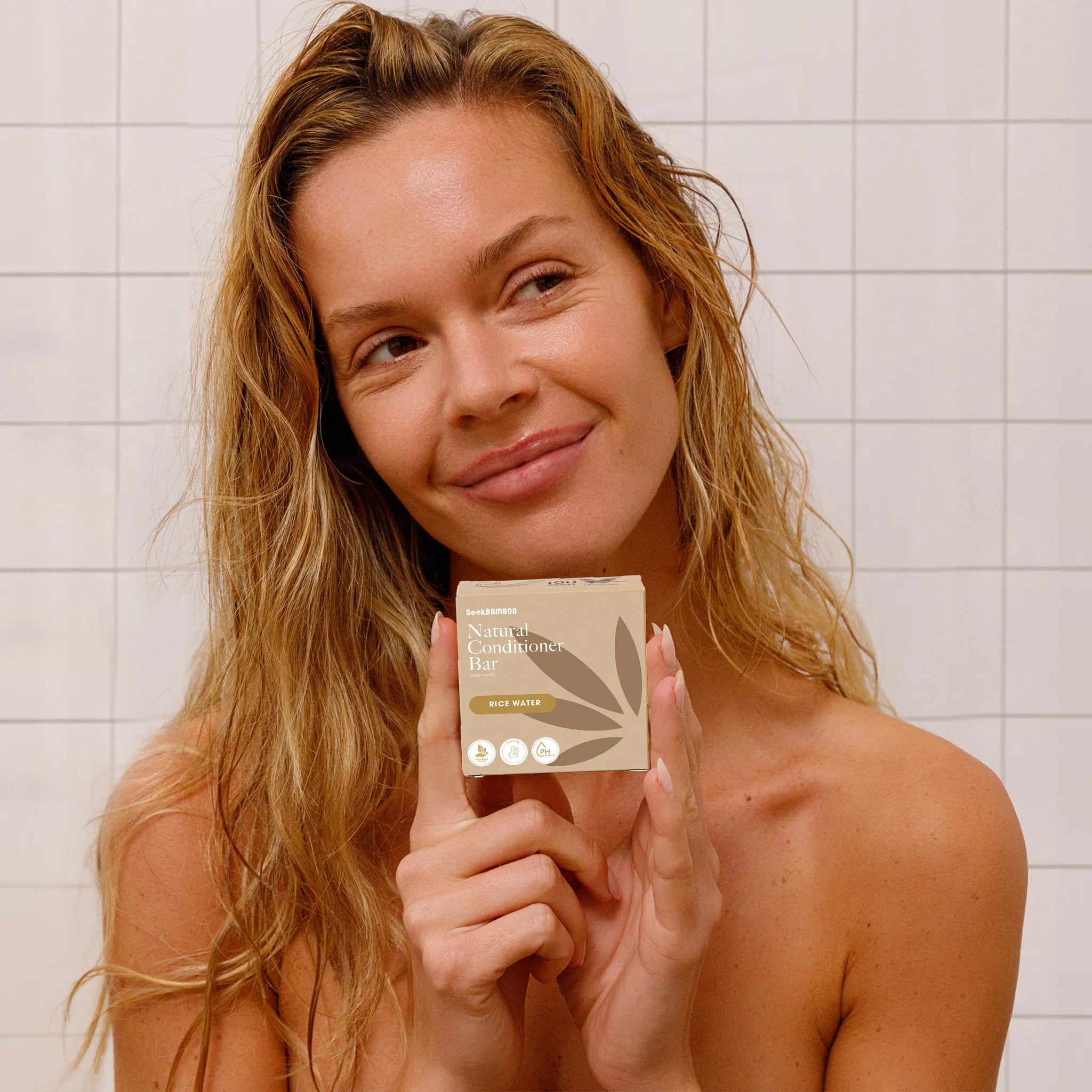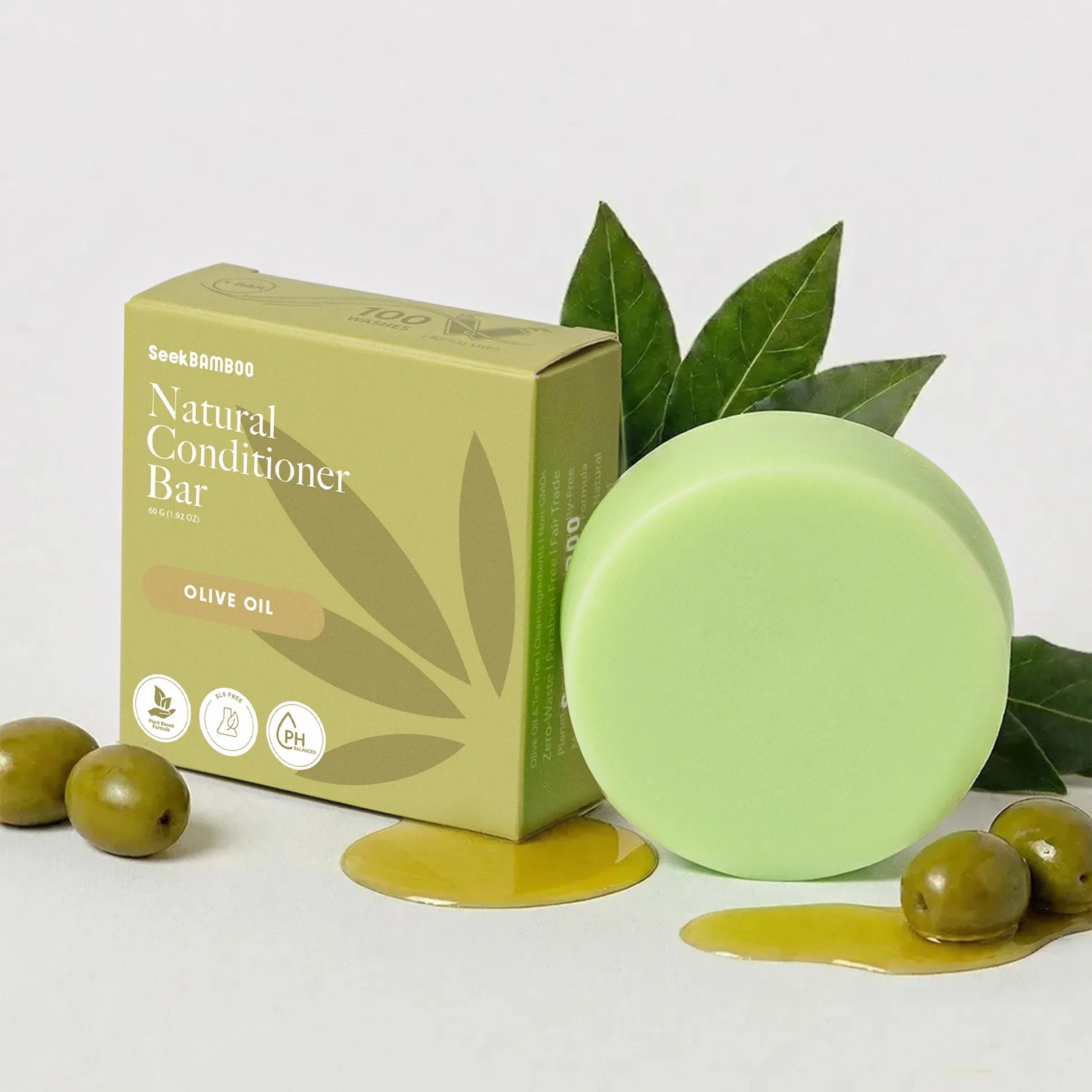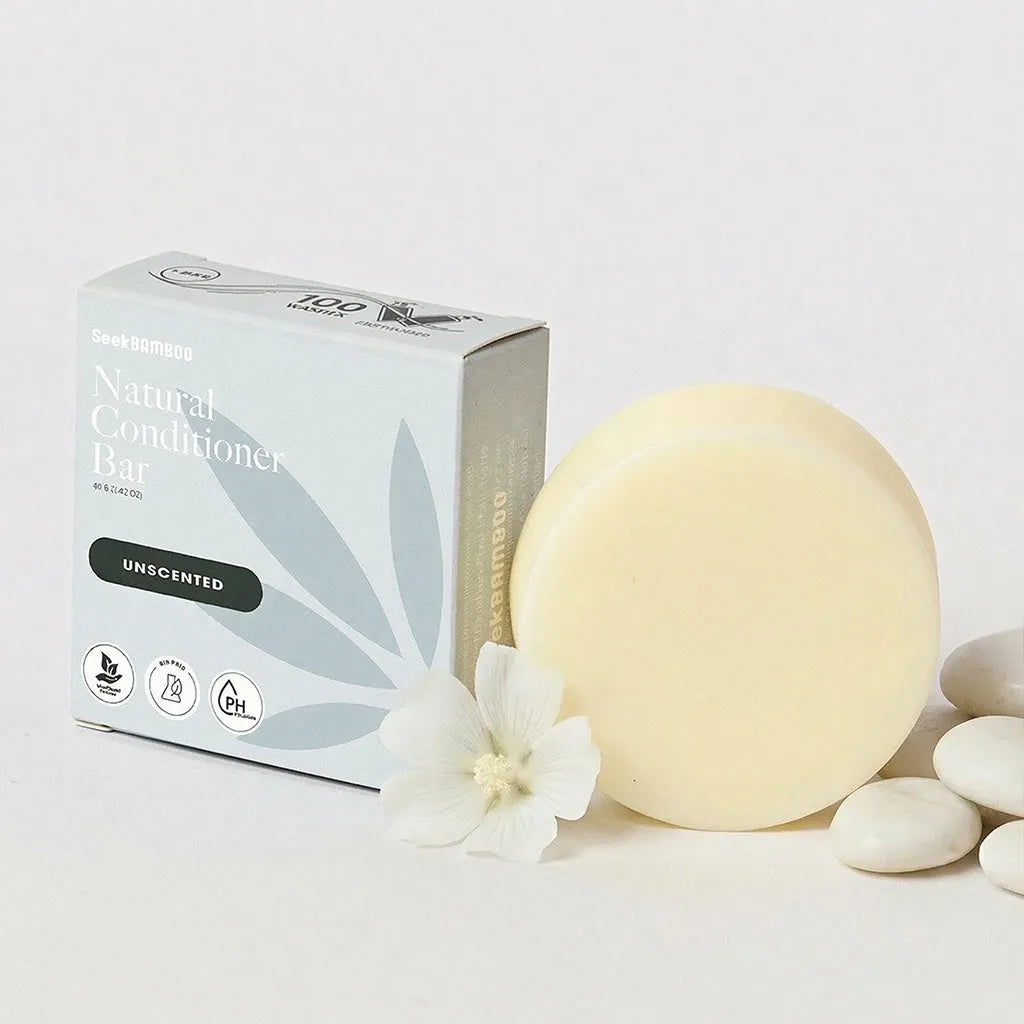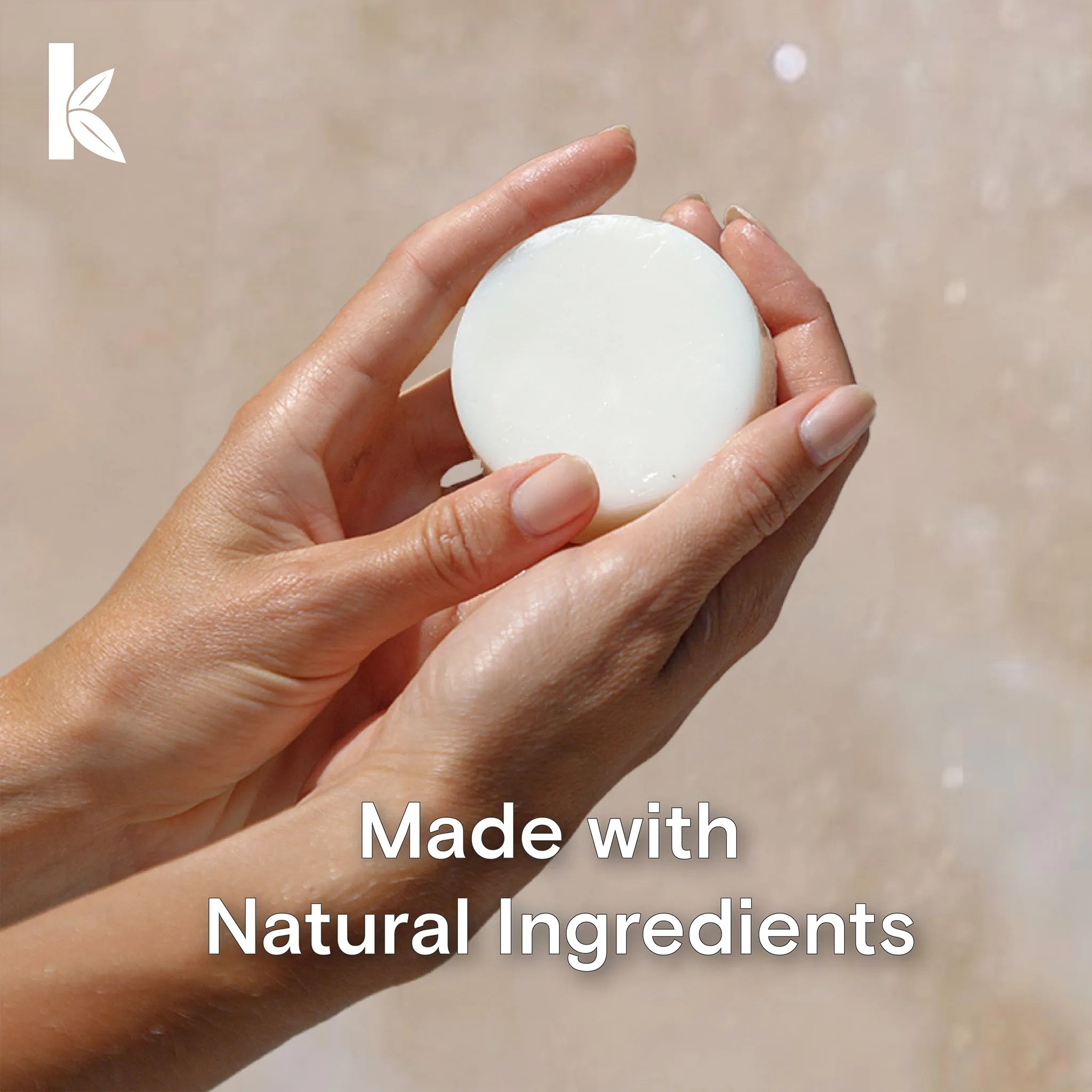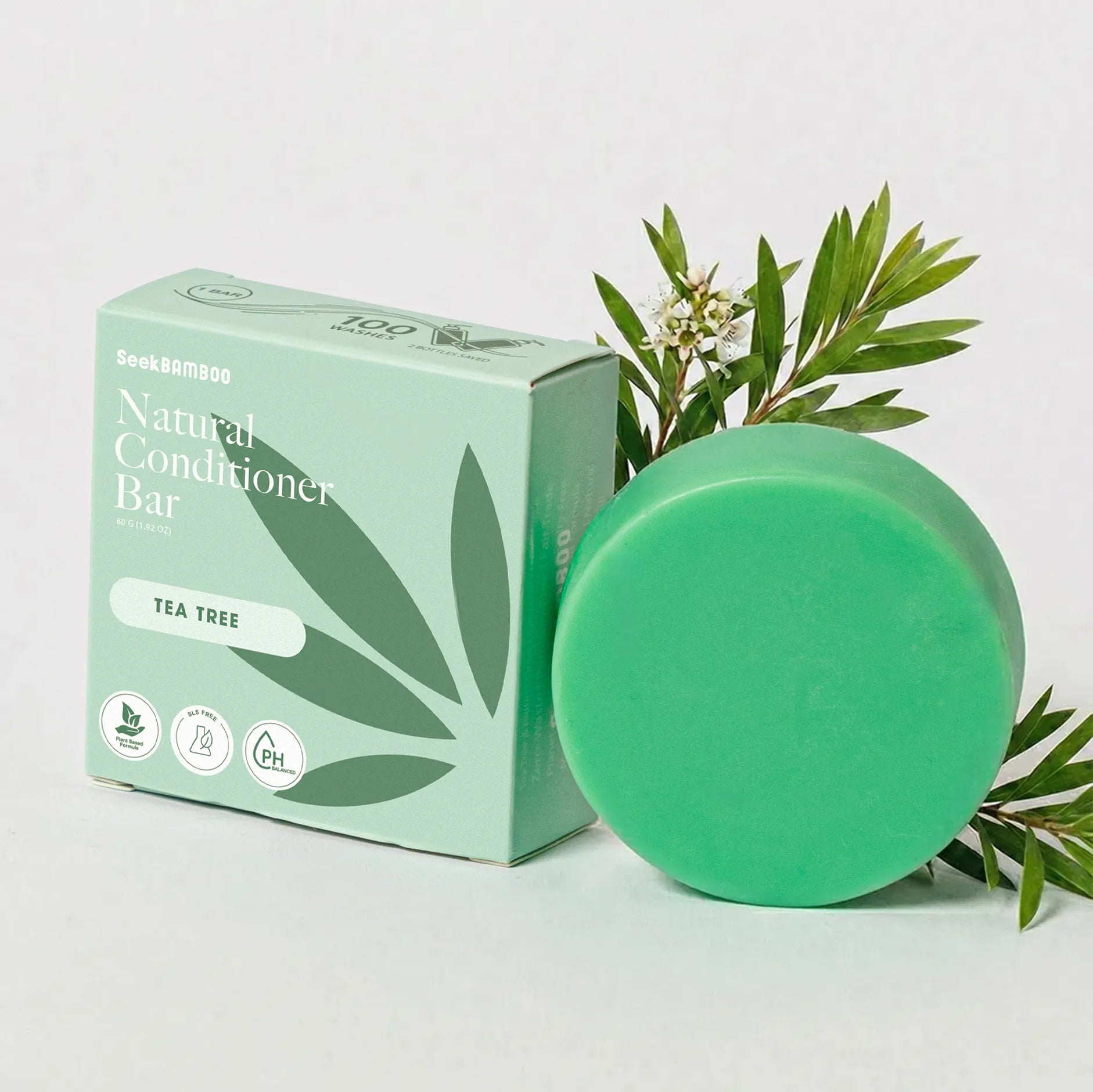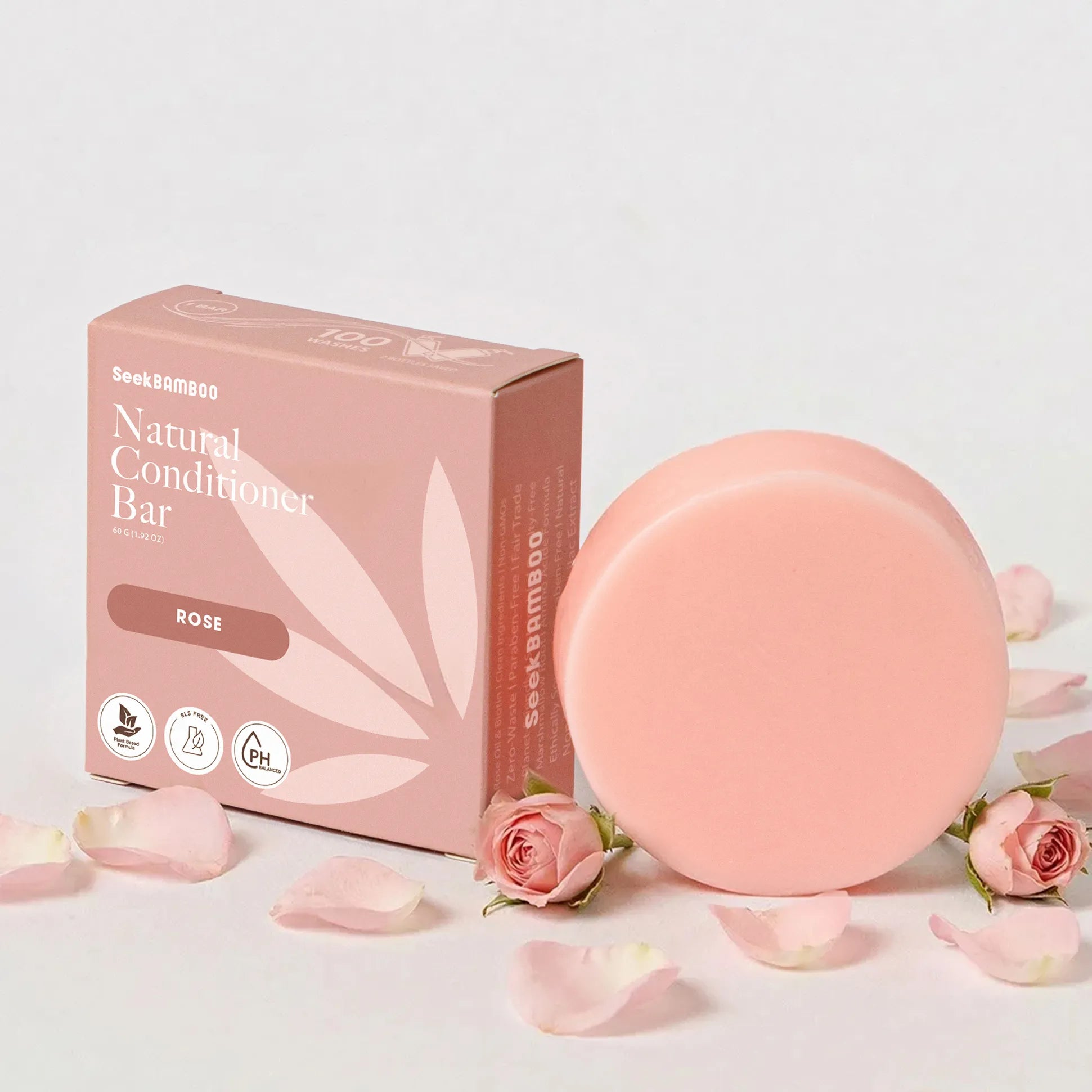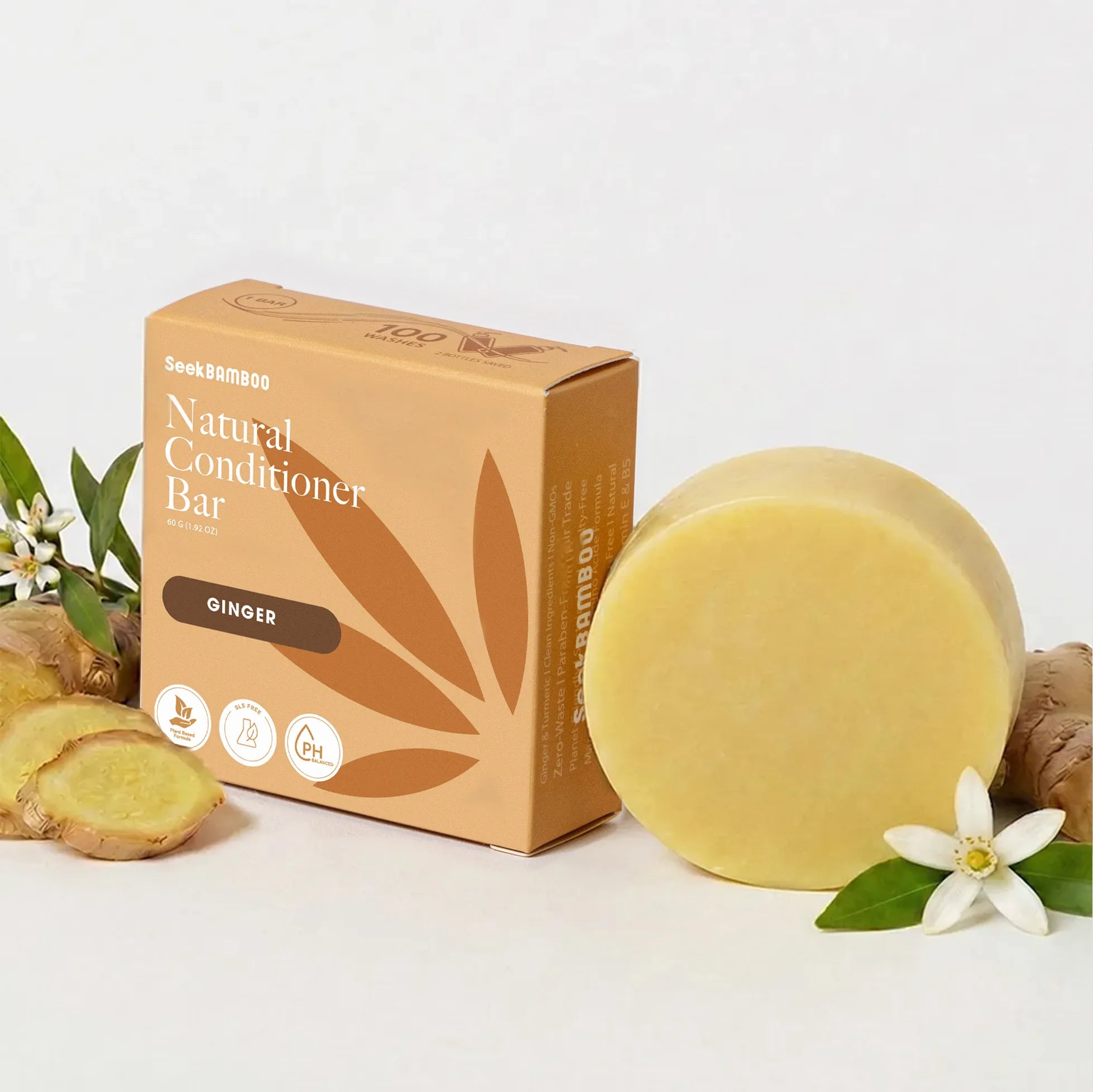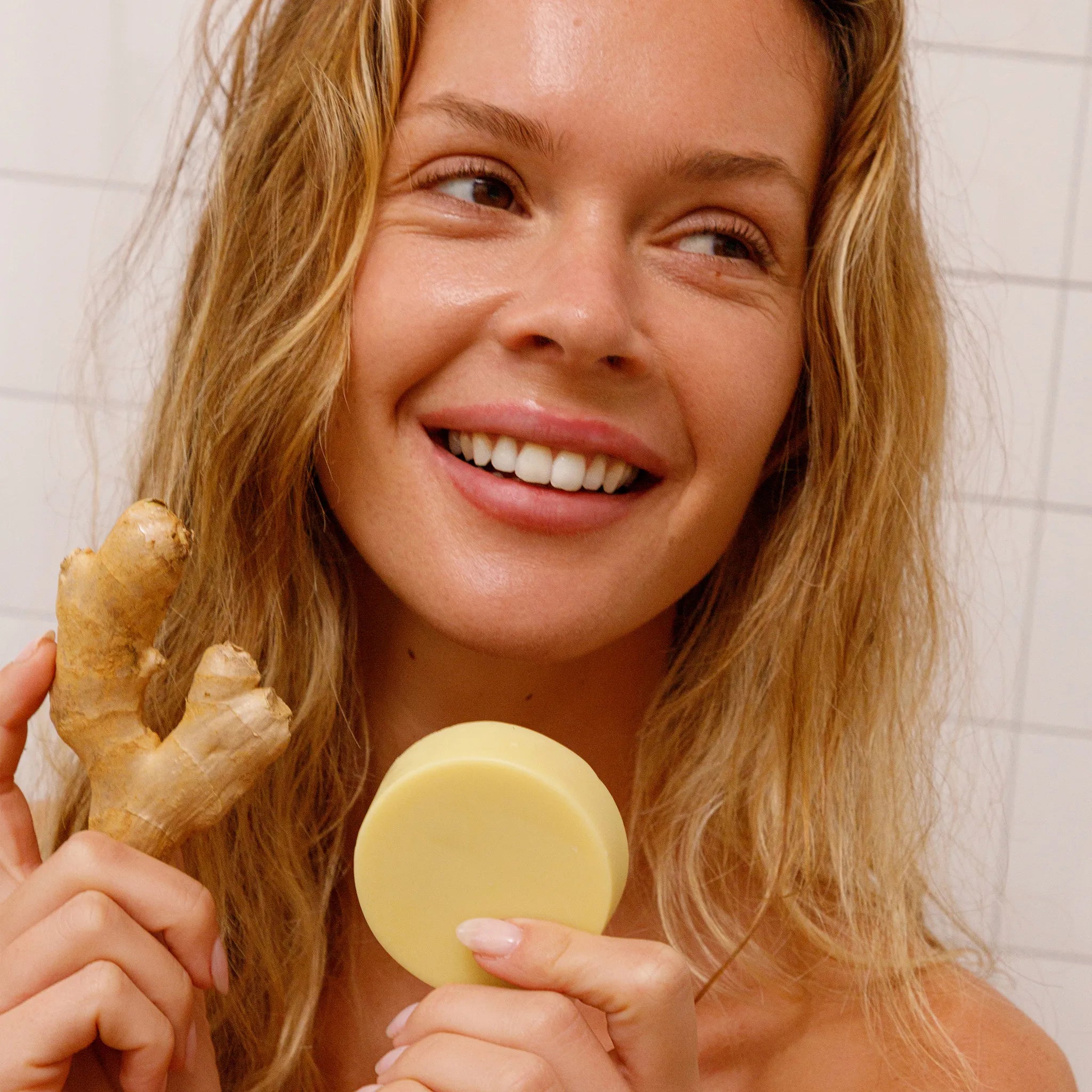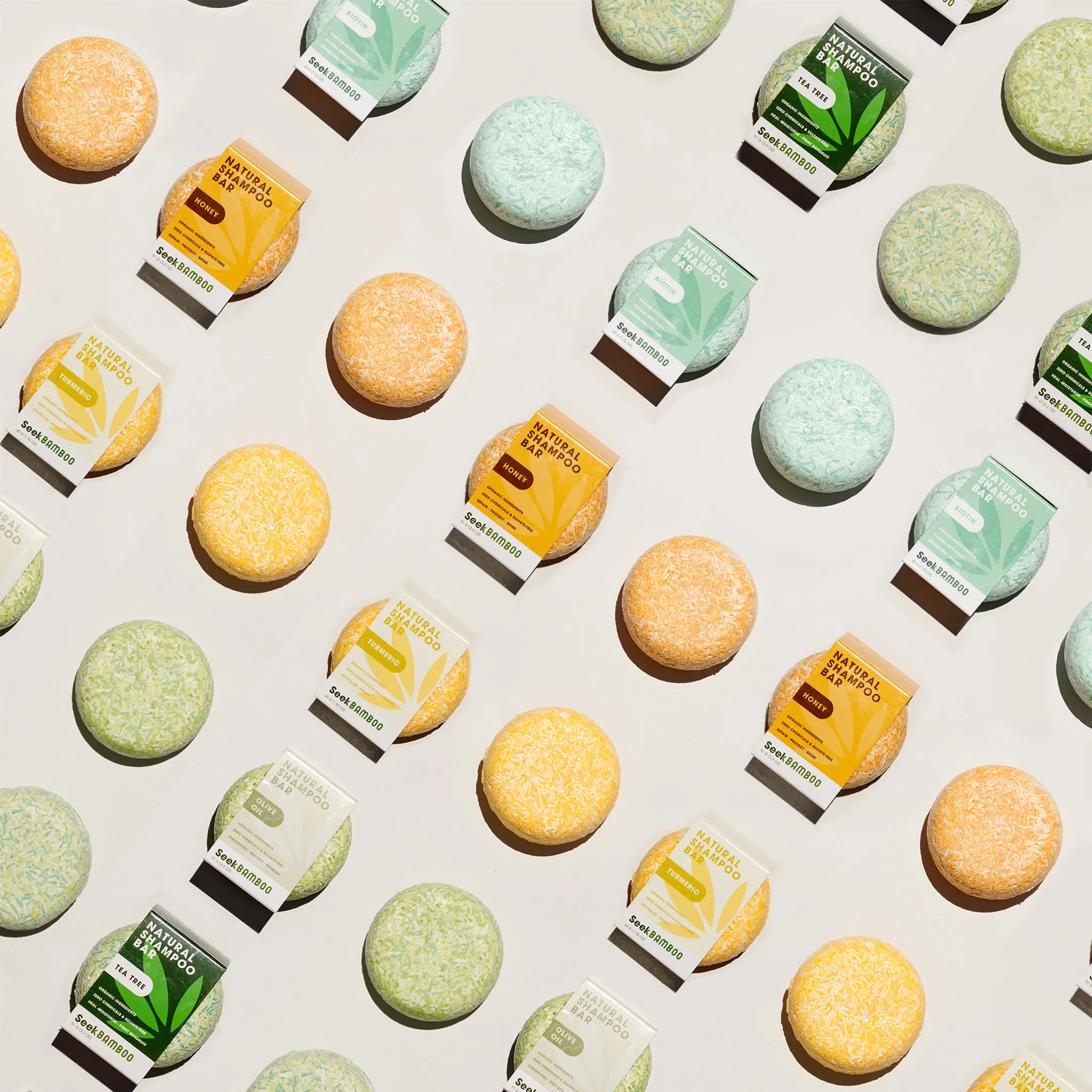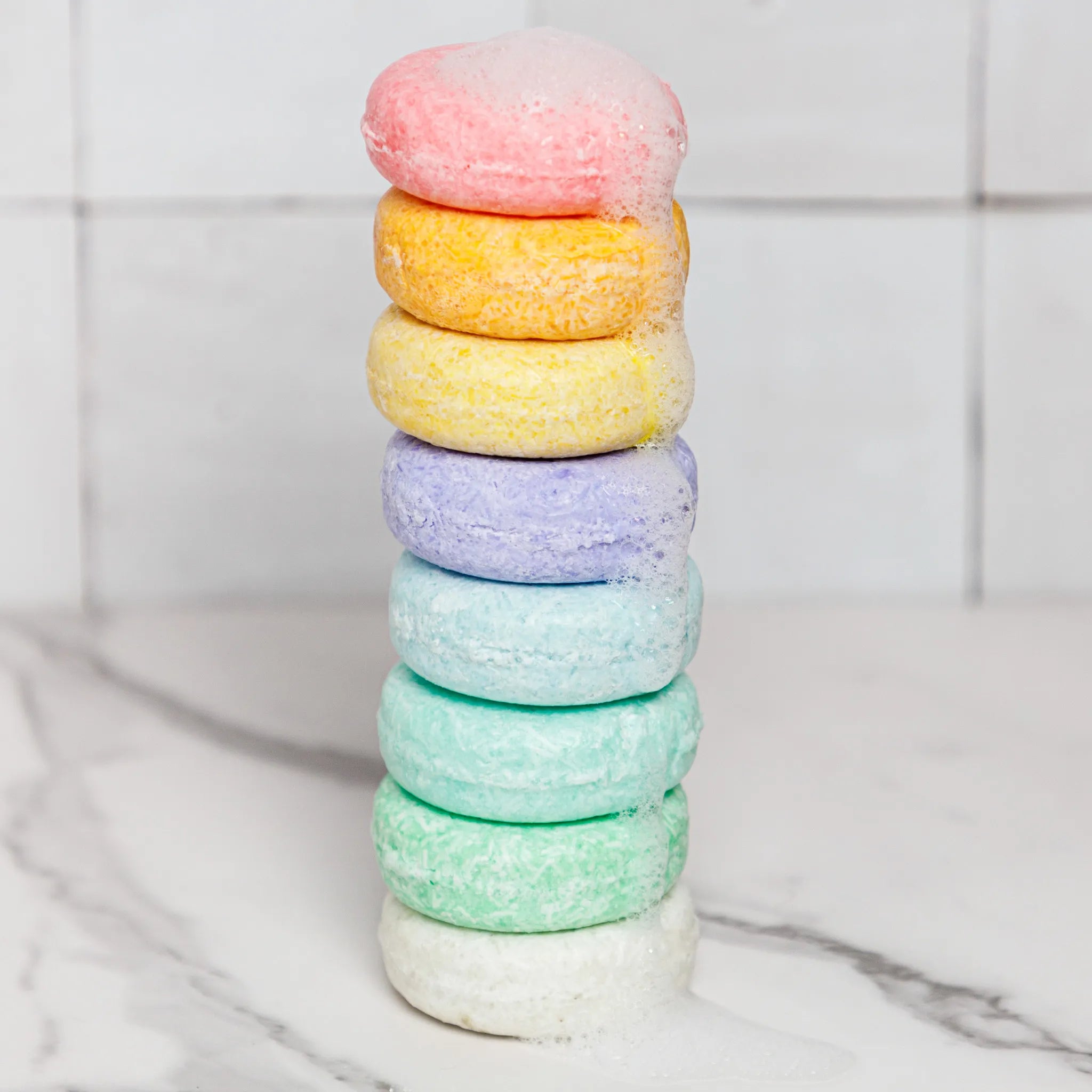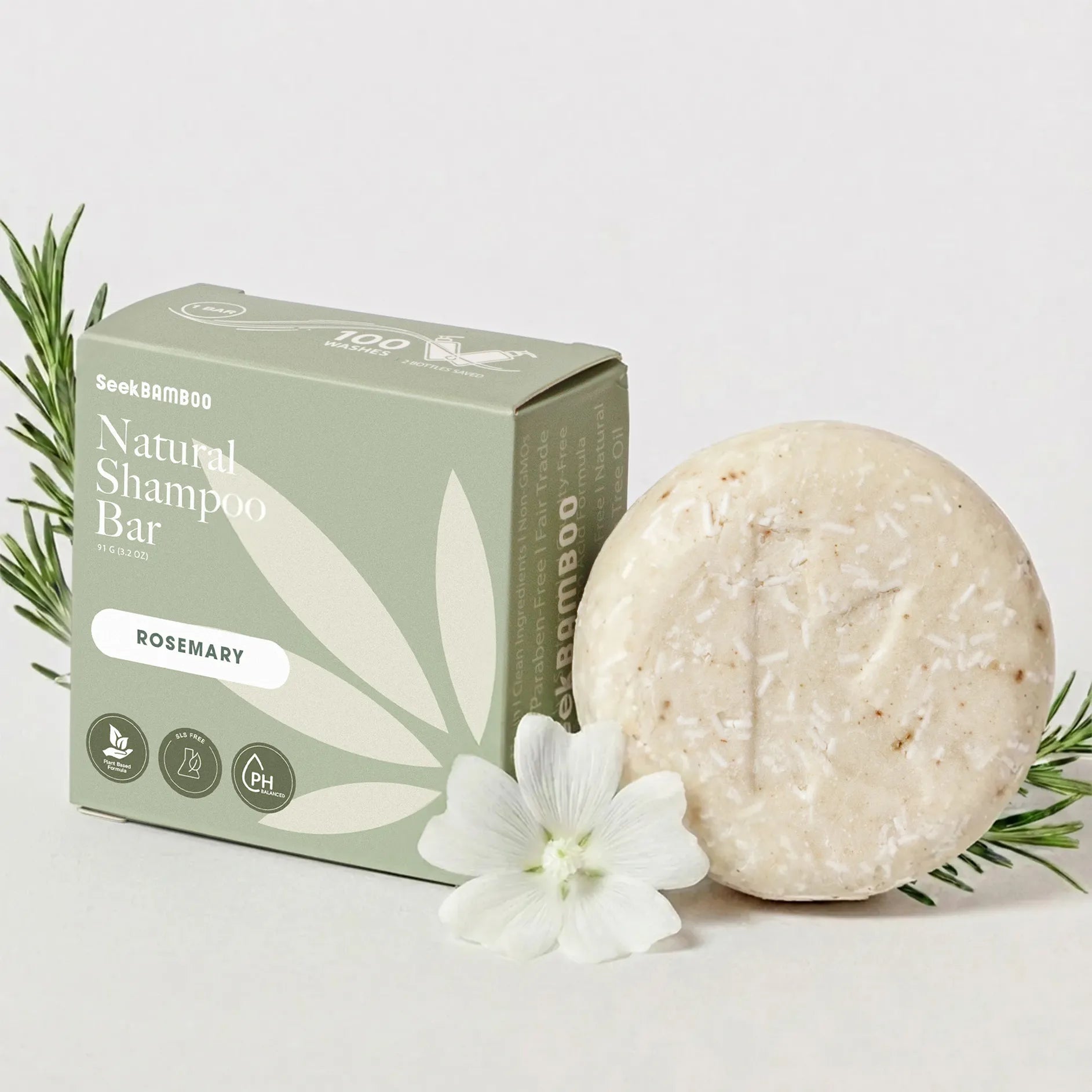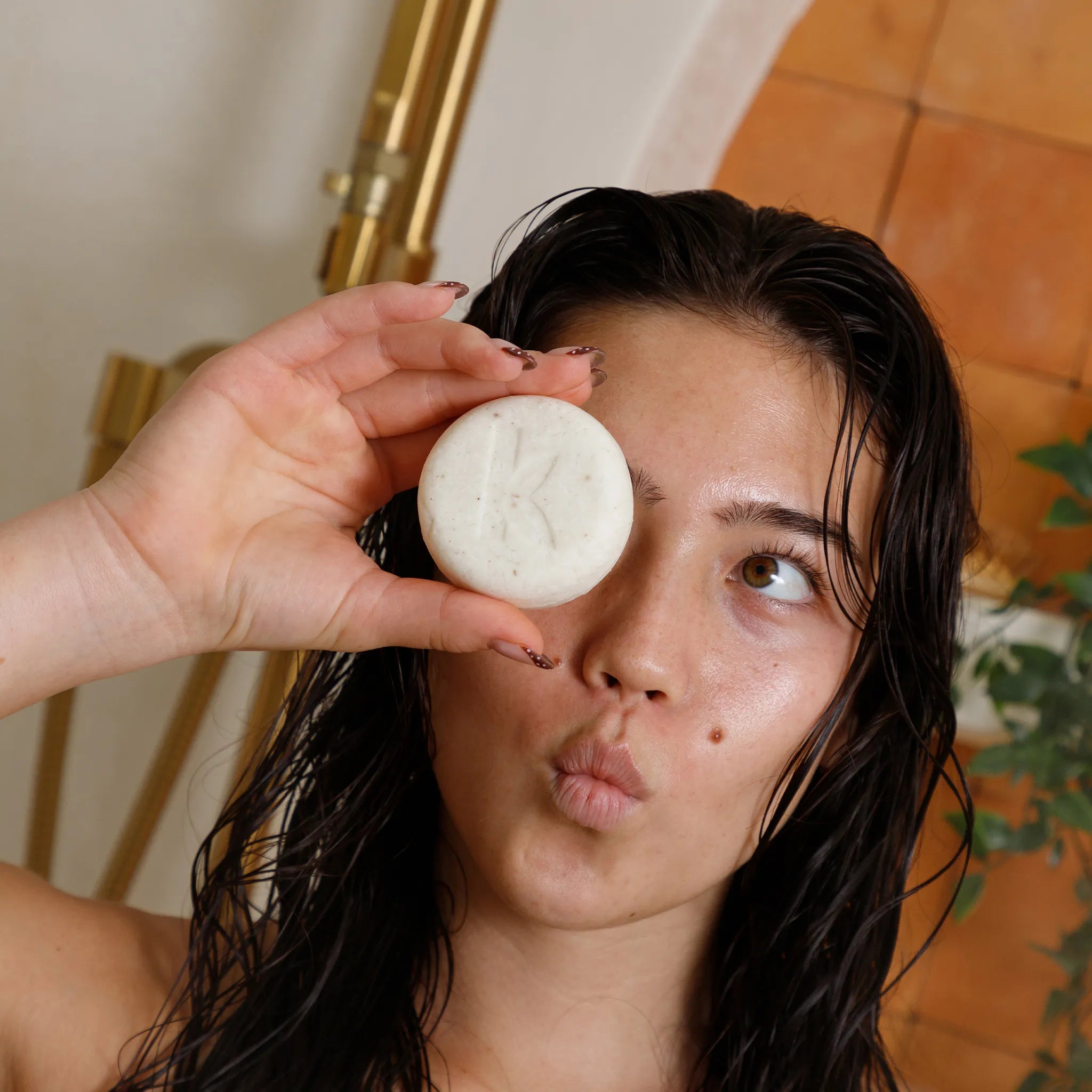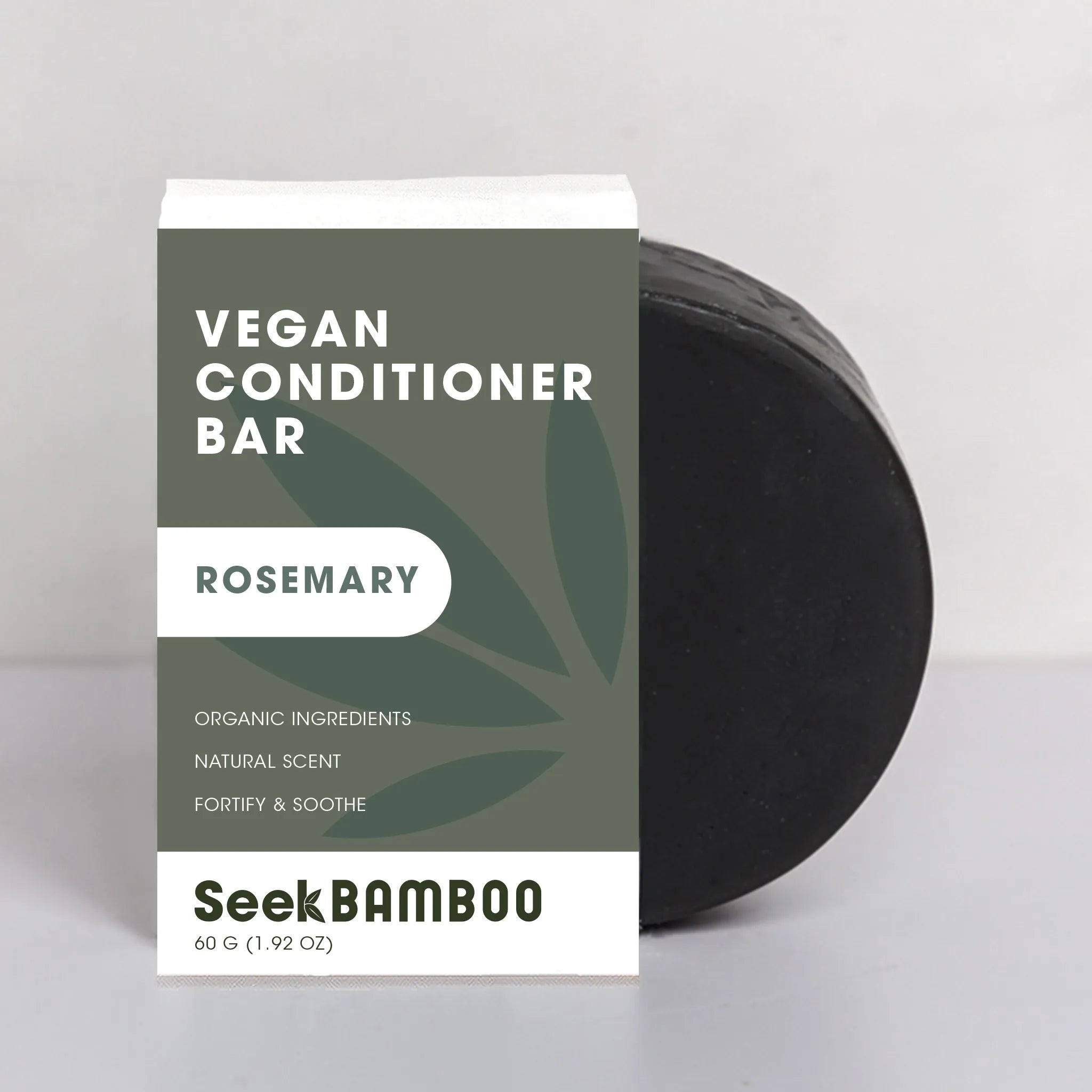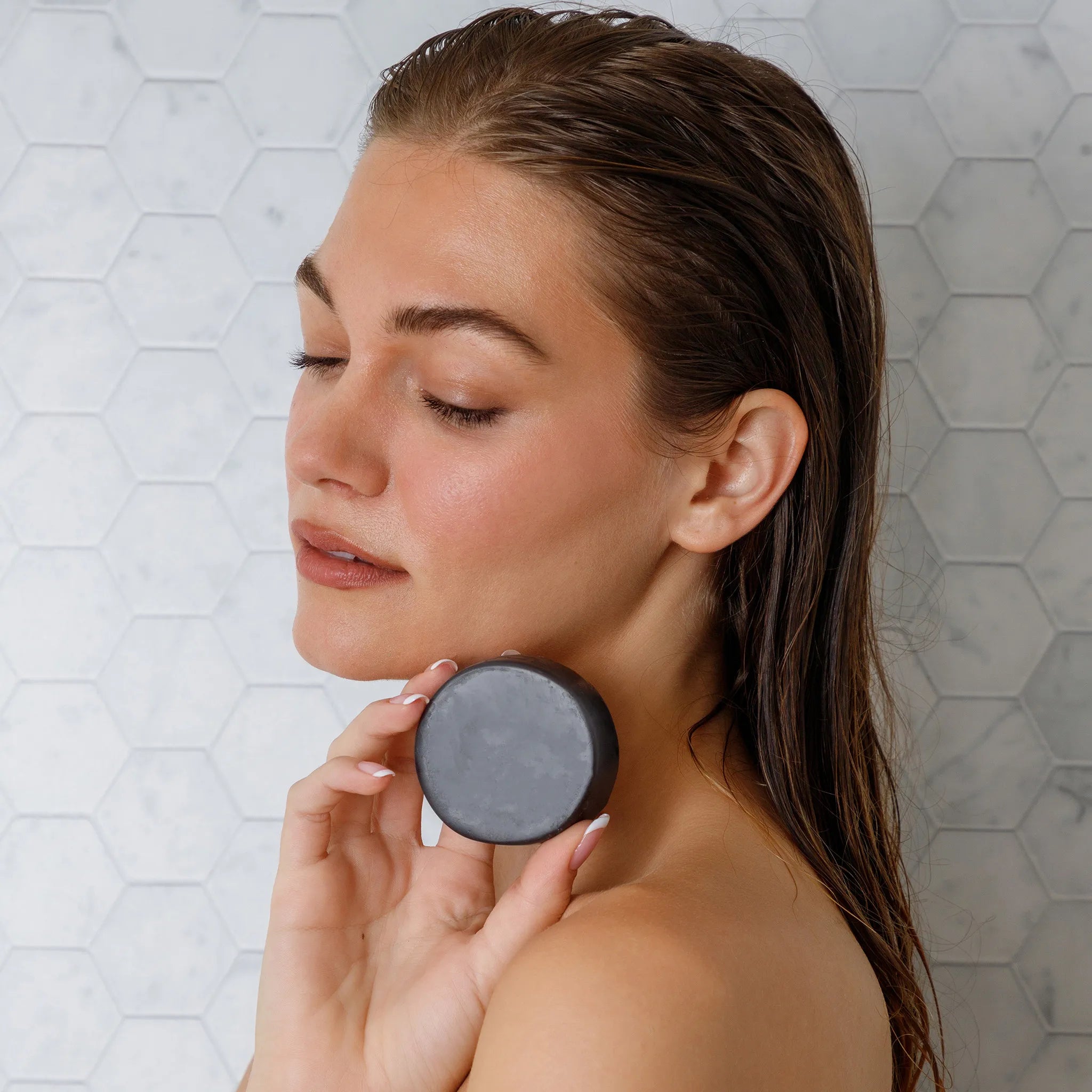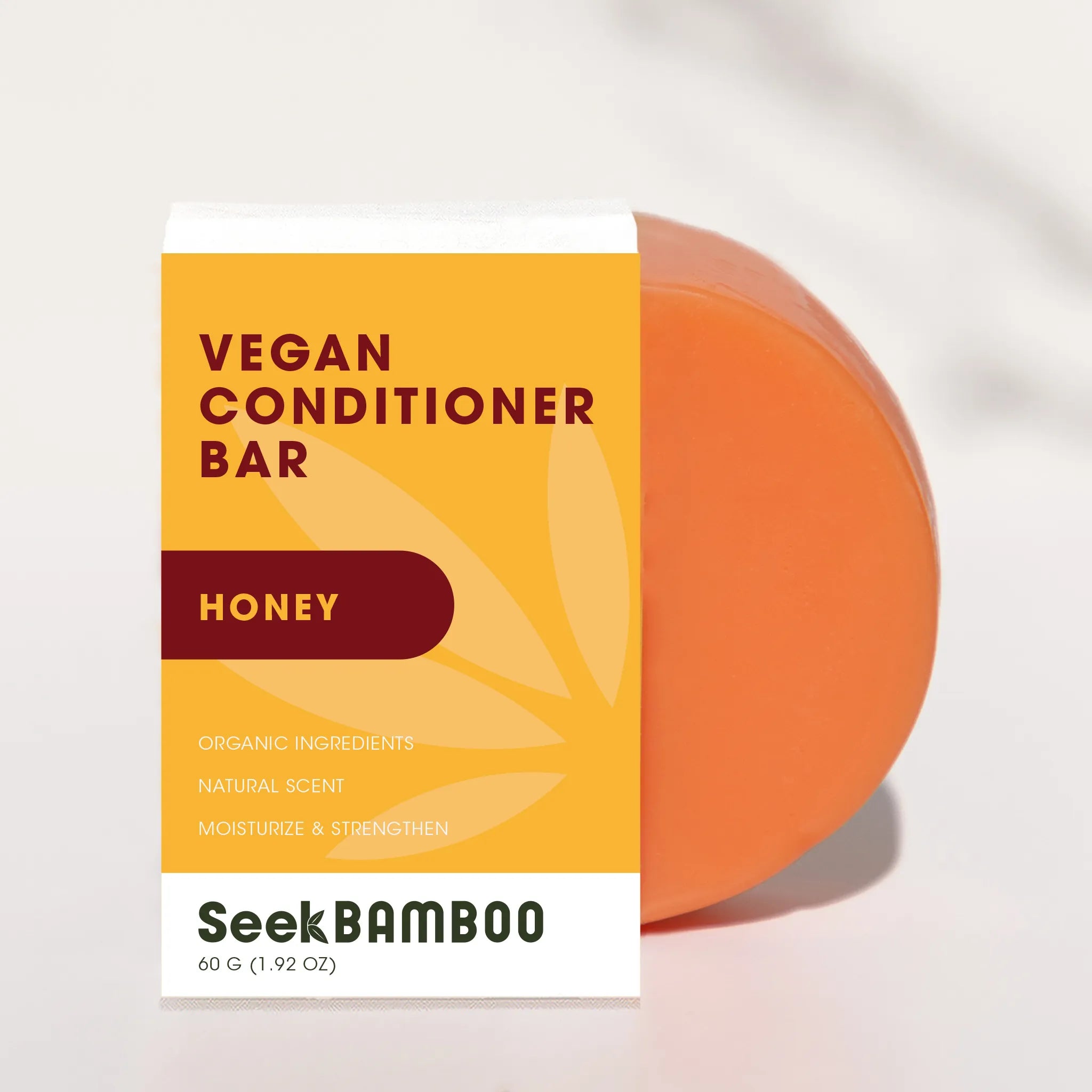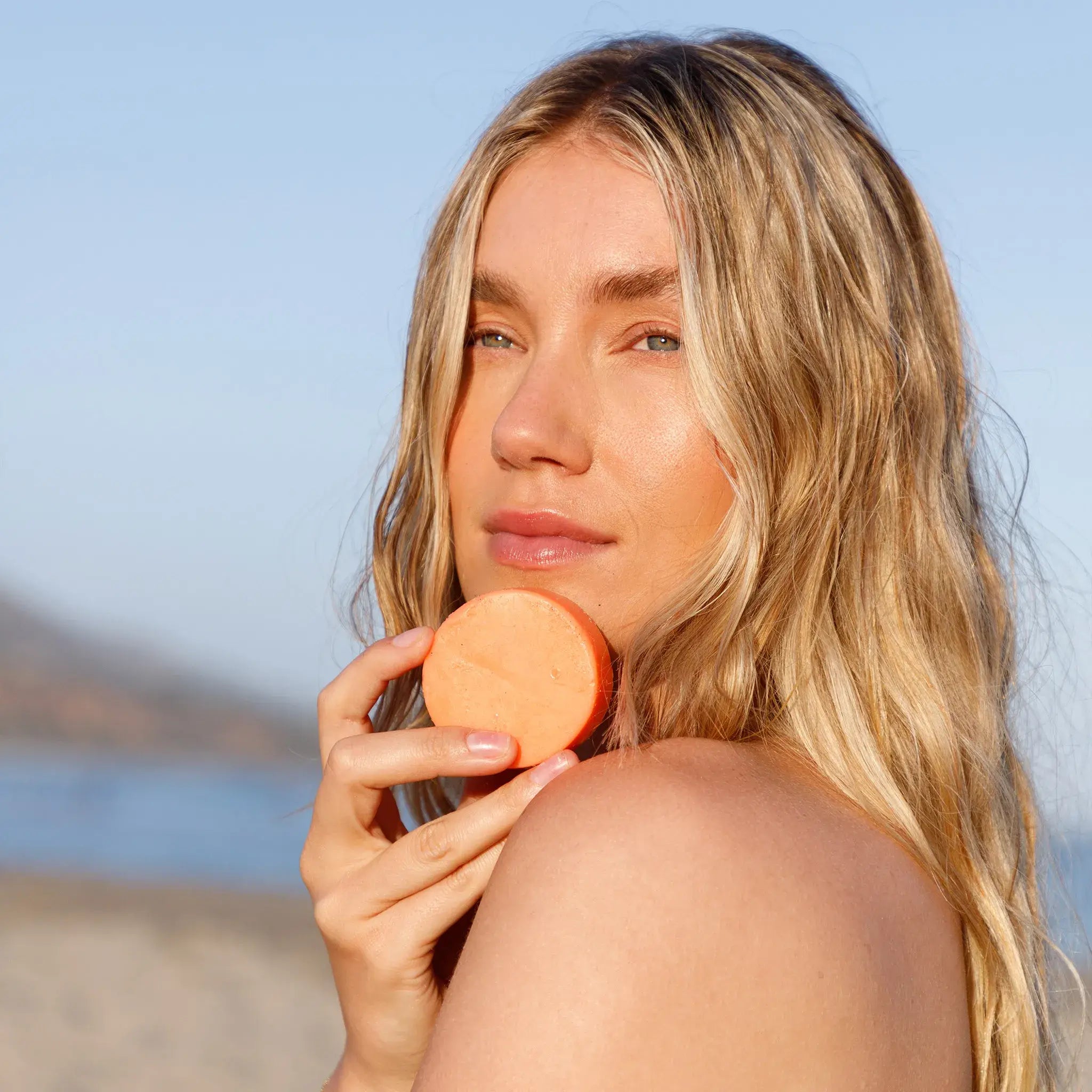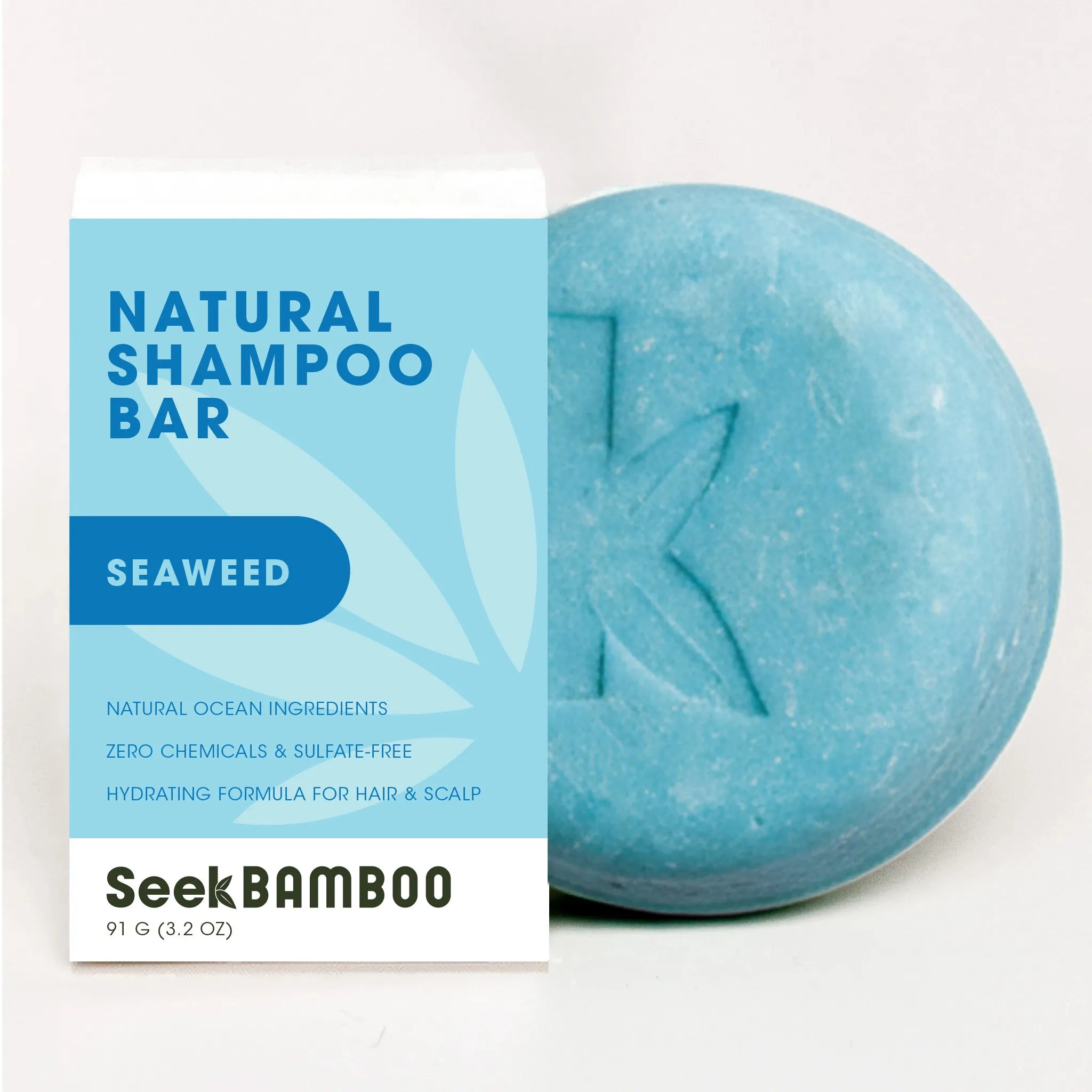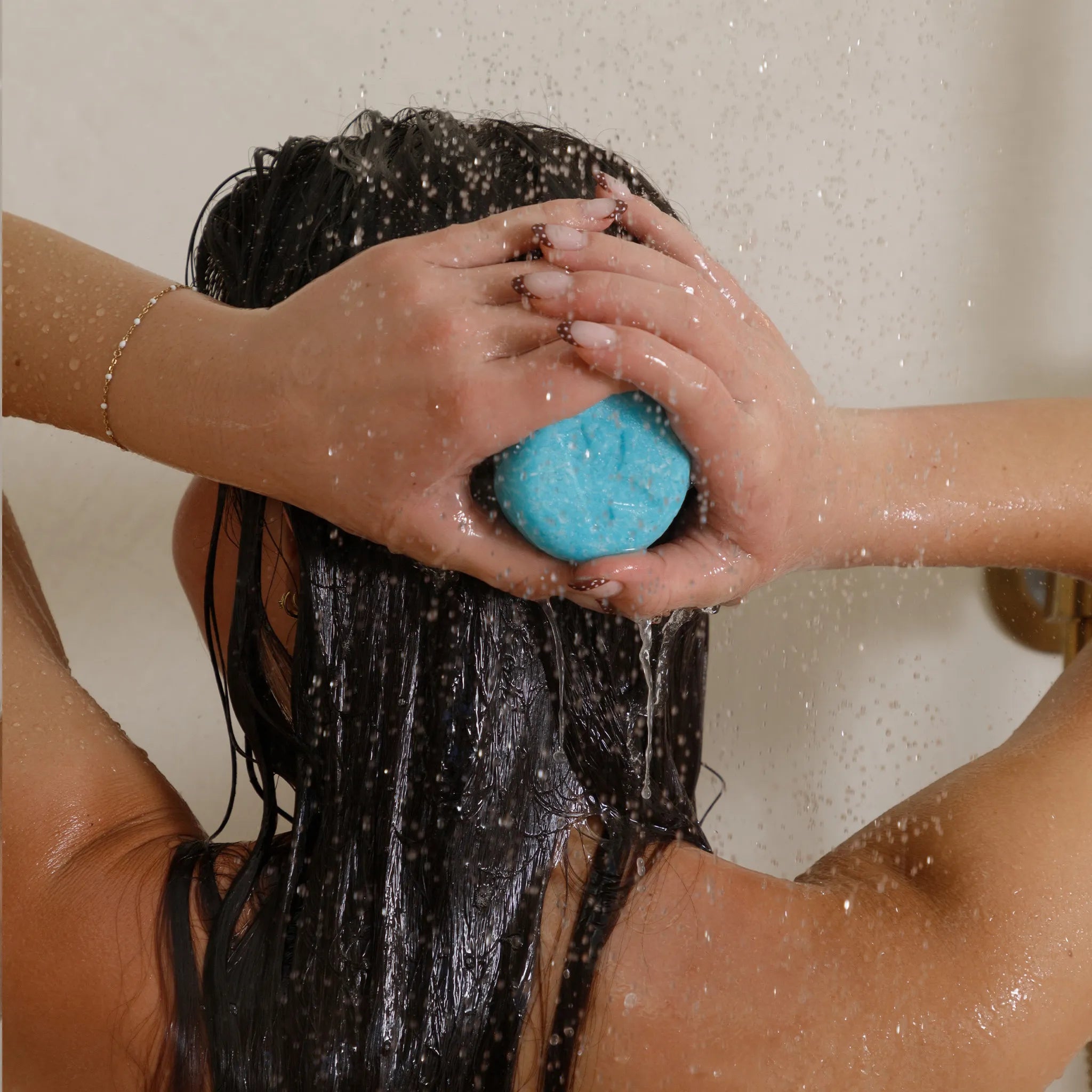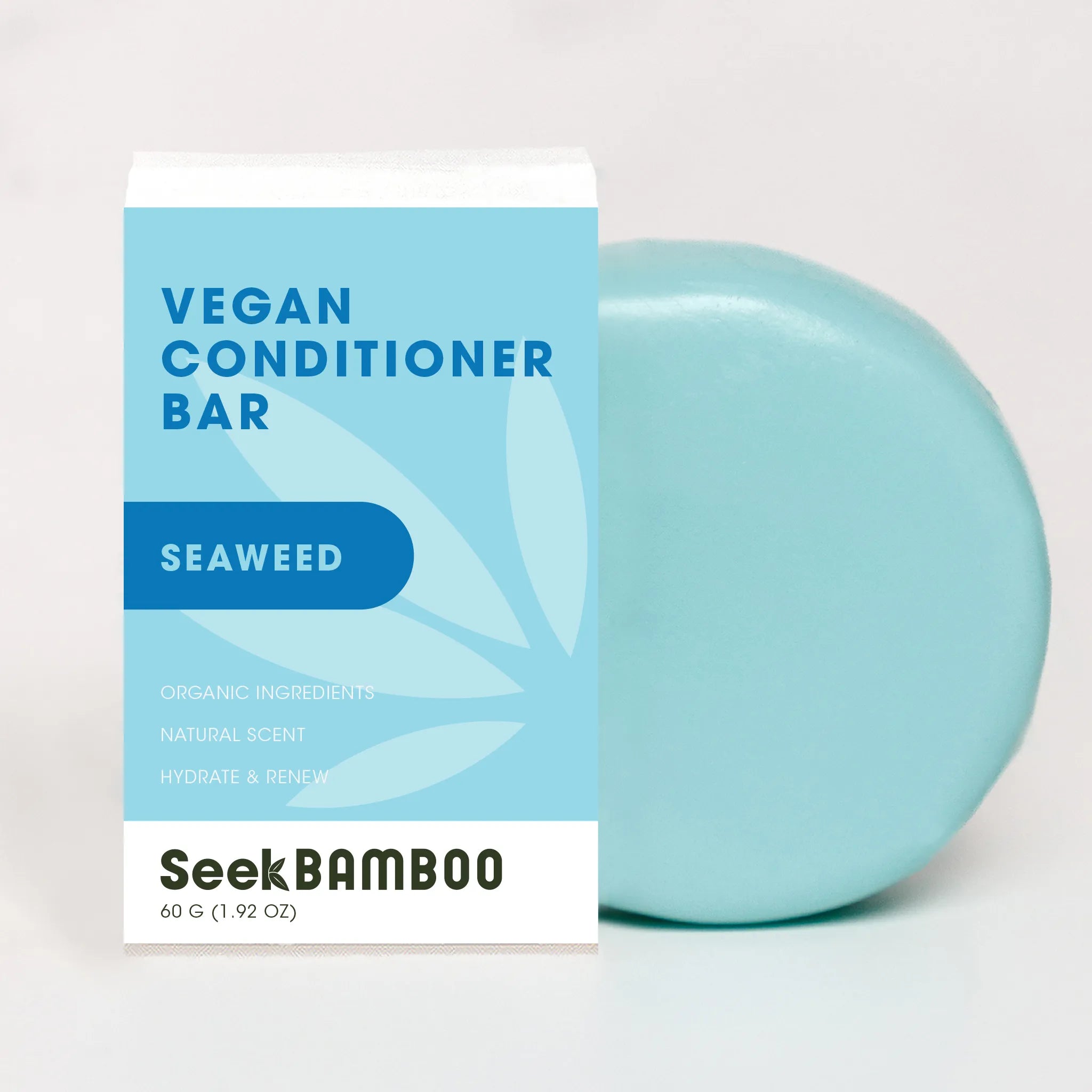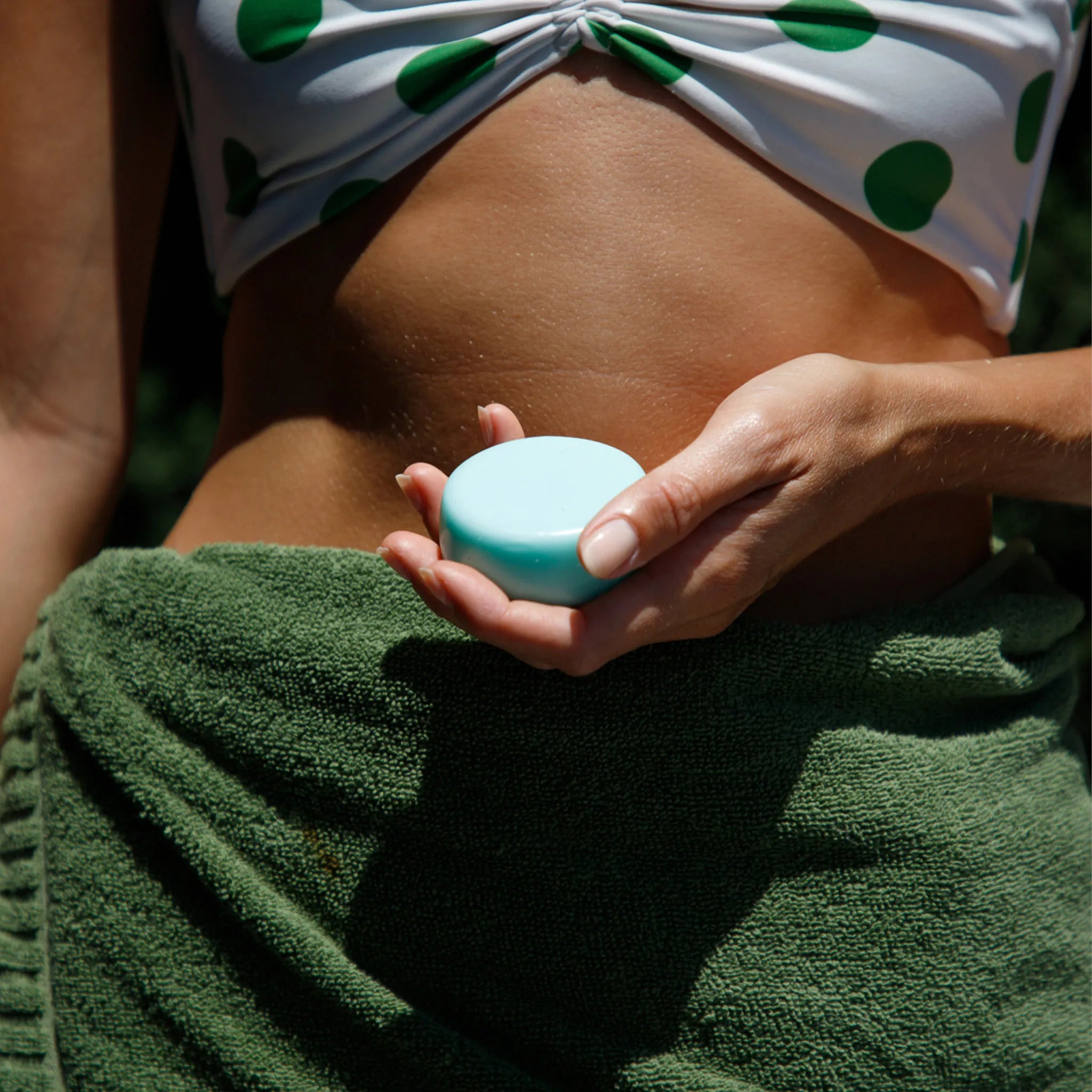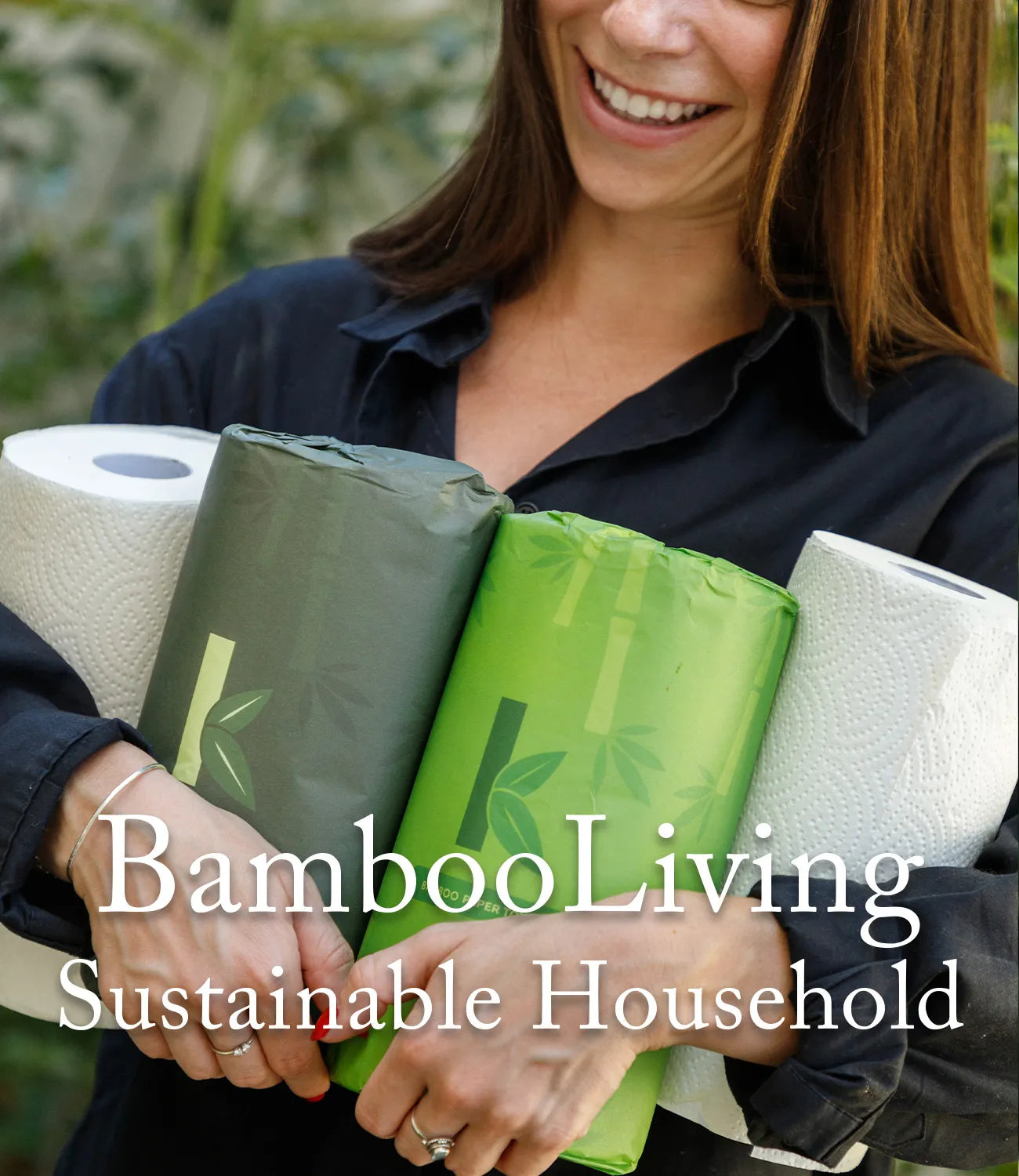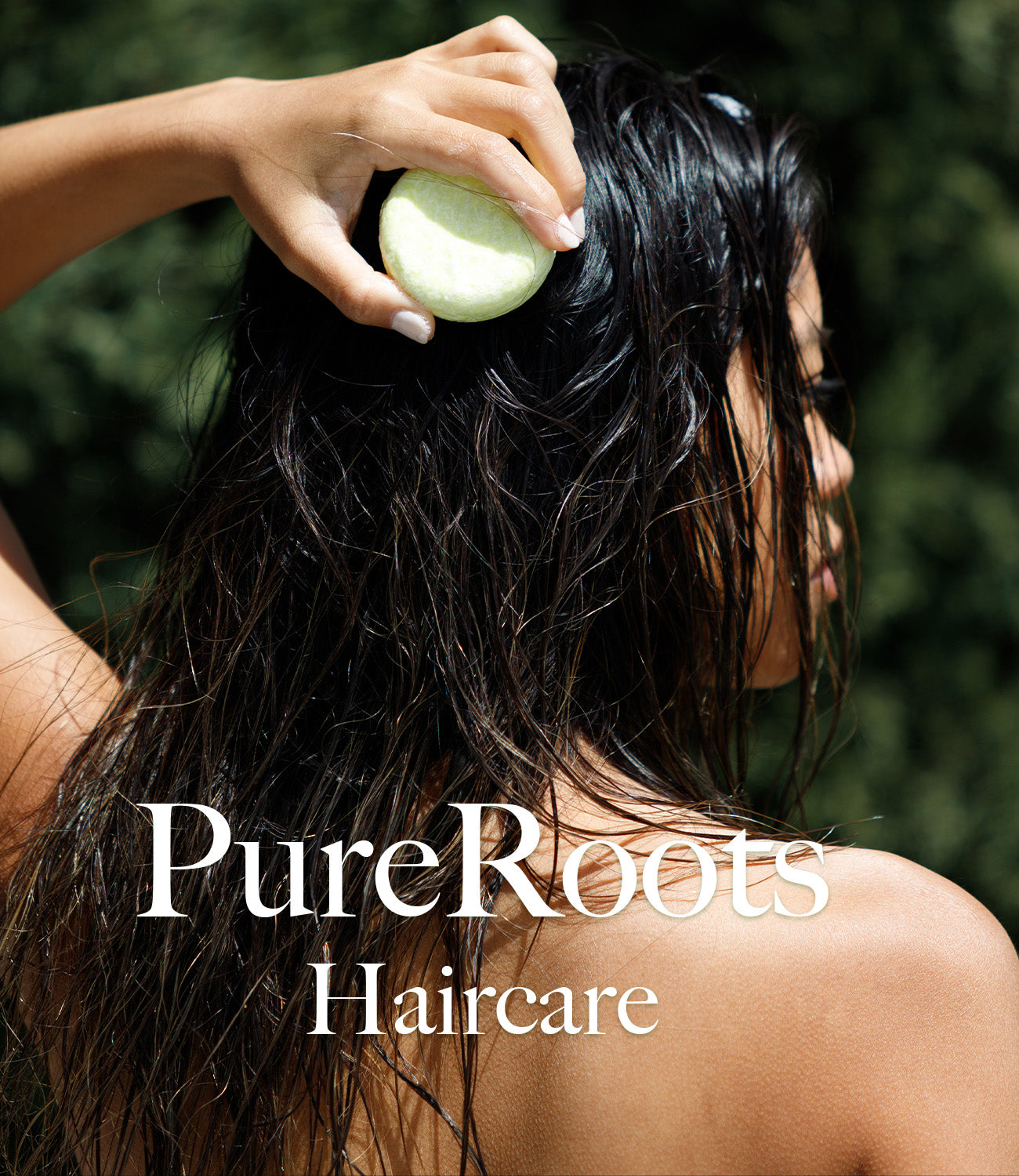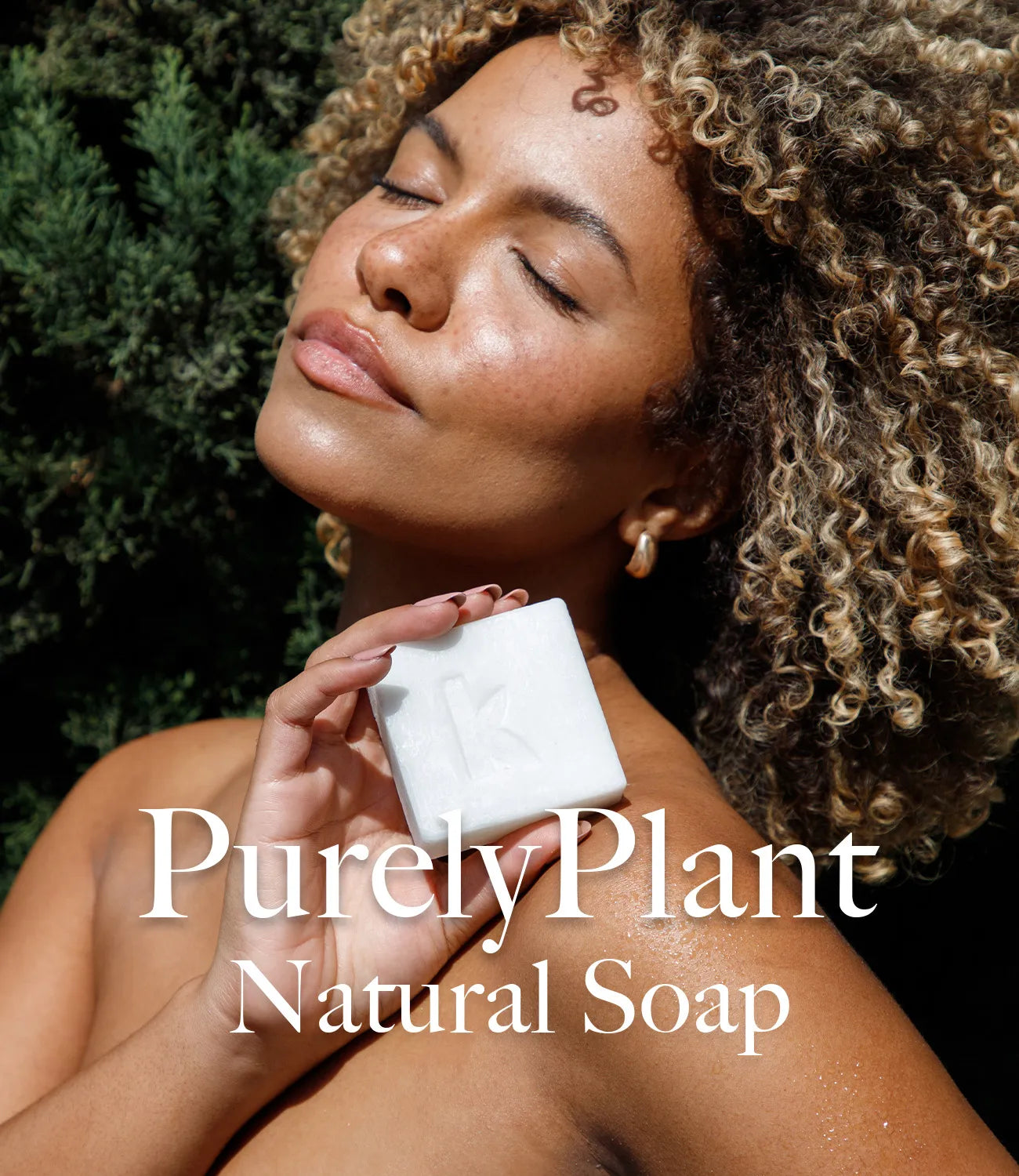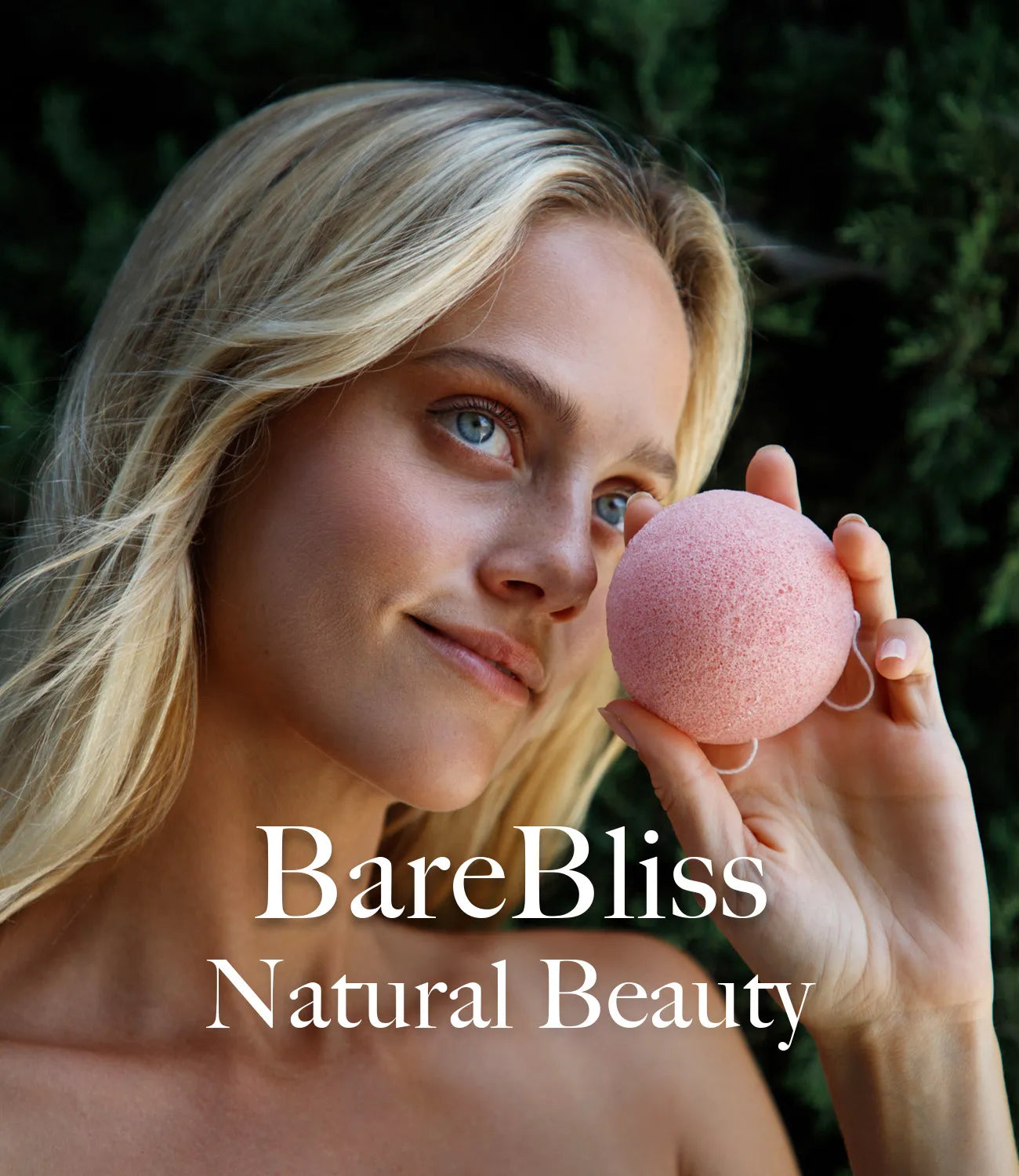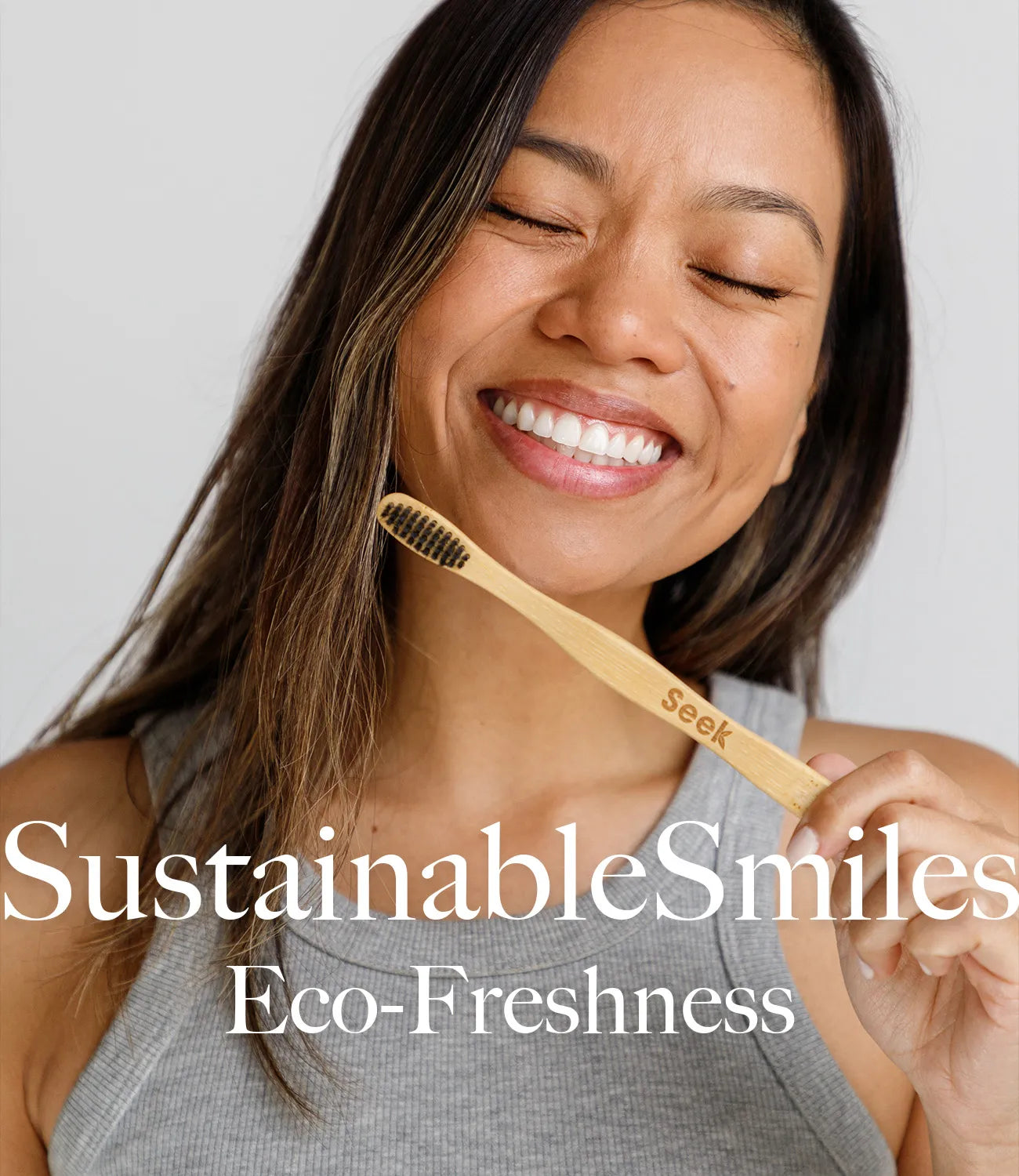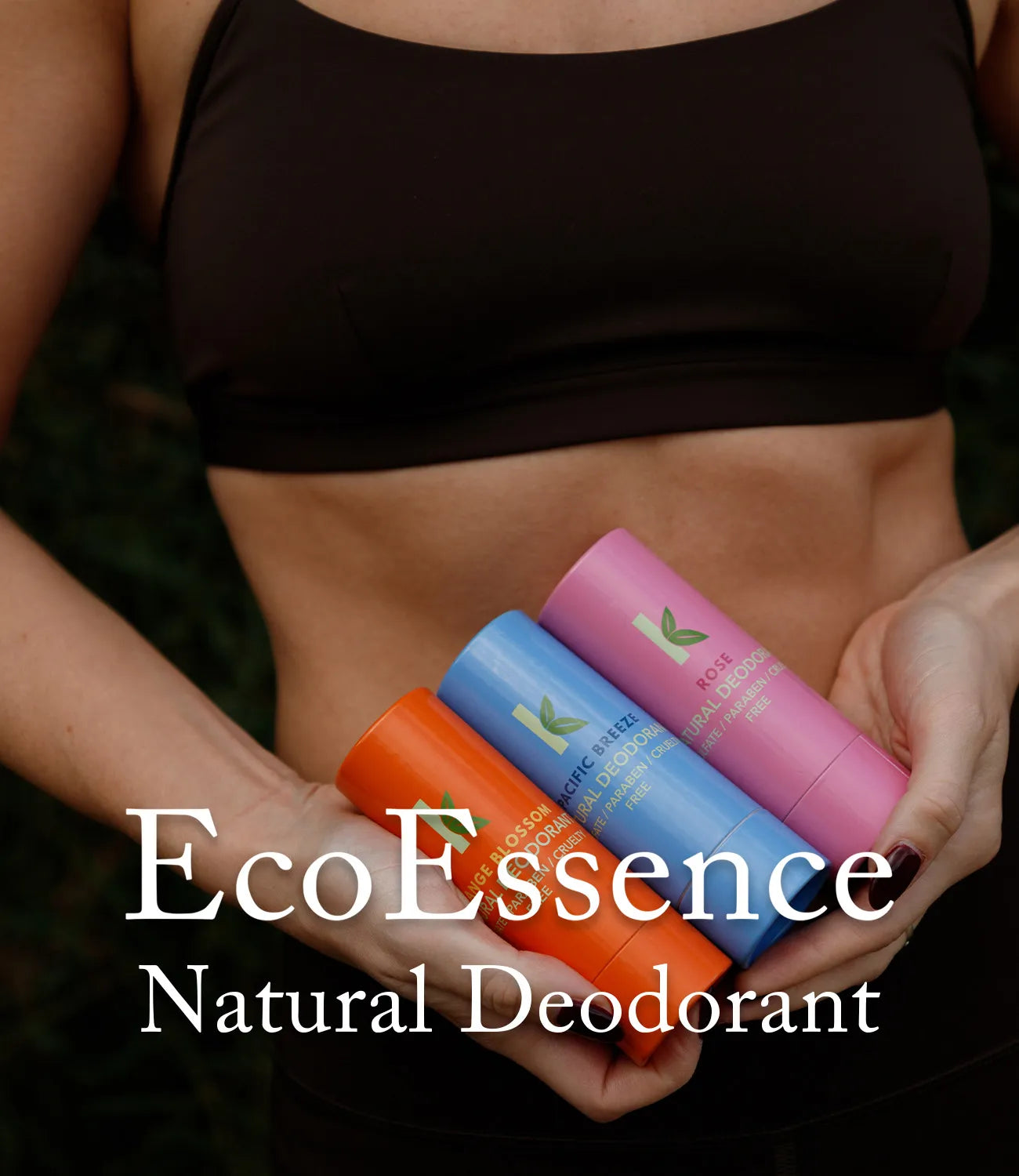Shampoo Without Sodium Lauryl Sulfate
In the world of hair care, finding the right shampoo can be a daunting task. With so many products on the market, it's essential to understand the ingredients that go into them and how they affect your hair and scalp. One such ingredient that often comes under scrutiny is Sodium Lauryl Sulfate (SLS). In this blog, we’ll delve into what SLS is, why it's commonly used in shampoos, and why you might want to consider switching to an SLS-free option.
What is Sodium Lauryl Sulfate (SLS)?
Sodium Lauryl Sulfate (SLS) is a chemical compound that belongs to the class of detergents and surfactants. It’s widely used in personal care products, cleaning agents, and even in some industrial applications. The primary function of SLS is to reduce the surface tension of water, allowing it to mix with oils and dirt, which can then be rinsed away.In the context of personal care products, SLS is renowned for its ability to create a rich, foamy lather. This lathering action is what gives shampoos, soaps, and body washes their familiar bubbly texture, which many people associate with cleanliness and effectiveness.
What is Sodium Coco Sulfate (SCS)?
Sodium Coco Sulfate (SCS) is a surfactant derived from the fatty acids of coconut oil, making it a more natural alternative to synthetic detergents like Sodium Lauryl Sulfate (SLS). Like SLS, SCS is commonly used in personal care products such as shampoos, soaps, and body washes for its ability to effectively cleanse and create a rich, foamy lather. However, because it is derived from coconut oil, SCS tends to be less harsh and more environmentally friendly compared to SLS. It offers a gentler cleansing experience, reducing the likelihood of skin and scalp irritation while still providing the satisfying bubbly texture that consumers enjoy. While it may not be as mild as amino acid-based formulas, Sodium Coco Sulfate strikes a balance between effective cleaning power and gentleness, making it a preferred choice for those seeking a middle ground in their hair care routine.
Amino Acid Shampoo Bars
What is SLS Free Shampoo?
Amino acid shampoos are a premium choice in hair care, renowned for their gentle yet effective cleansing properties. These shampoos utilize surfactants derived from amino acids, the building blocks of proteins, to offer a mild and nourishing wash that maintains the hair's natural moisture balance. Amino acid shampoos are ideal for those with sensitive scalps or dry, damaged hair, as they provide a luxurious lather without the harshness of traditional detergents.
Sodium Cocoyl Glutamate
Sodium Cocoyl Glutamate is a surfactant derived from the amino acid glutamic acid and the fatty acids of coconut oil. It is celebrated for its exceptional mildness and compatibility with the skin's natural pH. This surfactant gently cleanses the hair and scalp without stripping away essential oils, making it perfect for daily use and for those with sensitive skin. Sodium Cocoyl Glutamate also imparts a smooth and silky feel to the hair, enhancing its manageability and shine.
Sodium Lauryl Glutamate
Sodium Lauryl Glutamate is another amino acid-based surfactant, derived from glutamic acid and lauric acid. Like Sodium Cocoyl Glutamate, it is known for its mild cleansing action and ability to maintain the skin's natural barrier. Sodium Lauryl Glutamate produces a rich, creamy lather that effectively removes dirt and oil while preserving the hair's natural moisture. It is an excellent choice for those looking to balance gentle care with thorough cleansing, leaving the hair soft, hydrated, and healthy.
Why is SLS Used in Shampoos?
The widespread use of SLS in shampoos can be attributed to several key factors:
Effective Cleansing
SLS is highly effective at breaking down oils and removing dirt, which is why it’s a preferred ingredient in many cleansing products. It ensures that hair and scalp are thoroughly cleaned, leaving behind no residue.
Lather Production
One of the main reasons SLS is popular in shampoos is its ability to produce a rich, foamy lather. Many consumers equate a good lather with a more thorough cleaning experience, even though the amount of lather does not necessarily correlate with the product’s effectiveness.
Cost-Effectiveness
SLS is relatively inexpensive to produce, making it a cost-effective ingredient for manufacturers. This allows companies to create affordable products that appeal to a broad market.
Versatility
SLS is a versatile ingredient that works well in various formulations. Its stability and compatibility with other ingredients make it easy to incorporate into a wide range of personal care products.
However, despite its widespread use and effectiveness, SLS has come under scrutiny due to potential side effects, especially for individuals with sensitive skin or scalp conditions. This has led to a growing interest in SLS-free alternatives that offer a gentler approach to hair care.
In the sections that follow, we’ll explore the potential harmful effects of SLS, the benefits of using SLS-free shampoos, and why making the switch can be a game-changer for your hair and scalp health. Stay tuned to learn more about how you can achieve healthier, more vibrant hair without the harsh chemicals found in traditional shampoos.
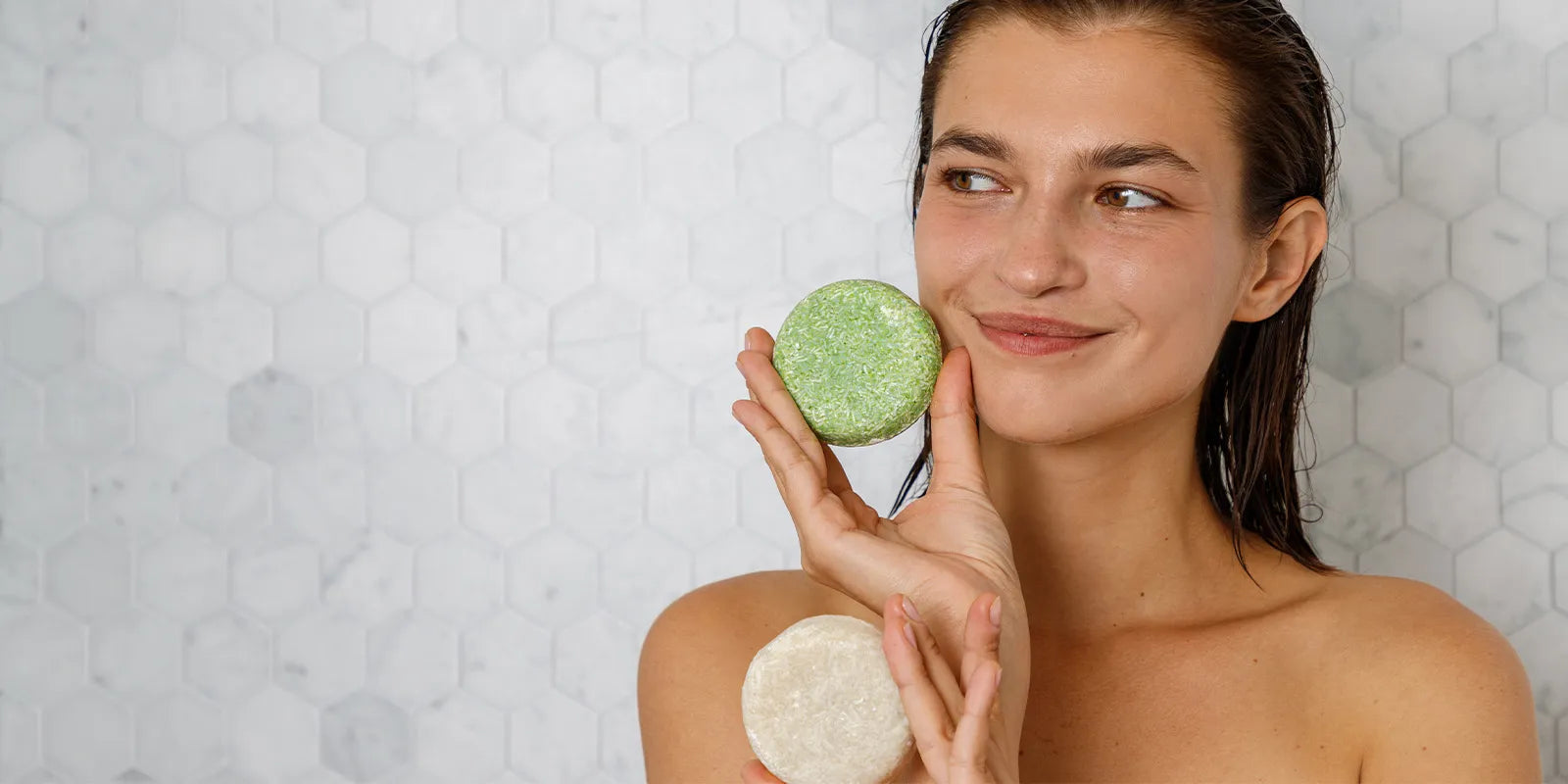
Potential Harmful Effects of SLS
While Sodium Lauryl Sulfate (SLS) is an effective cleansing agent and popular in many personal care products, it comes with a range of potential harmful effects that are important to consider. Understanding these effects can help you make more informed decisions about the products you use on your hair and scalp.
Skin and Scalp Irritation
One of the most common issues associated with SLS is its potential to cause skin and scalp irritation.
Dryness and Itching
SLS works by breaking down oils and removing dirt, but in doing so, it can also strip away the natural oils that keep your skin and scalp moisturized. This can lead to excessive dryness, resulting in itchy and uncomfortable skin.
For people with sensitive skin, this effect can be even more pronounced, leading to persistent irritation and discomfort after using products containing SLS.
Irritation
SLS has been shown to cause irritation in some individuals, particularly those with pre-existing skin conditions such as eczema, psoriasis, or dermatitis. The harshness of the chemical can exacerbate these conditions, leading to increased inflammation and discomfort.
In addition to affecting the scalp, SLS can also irritate the eyes and mucous membranes, making it a concern for products that come into close contact with these areas.
Hair Damage
Using shampoos that contain Sodium Laureth Sulfate (SLS) can have unintended consequences on your hair's health. While SLS is known for creating a rich lather and effectively removing dirt and oil, its harsh nature can lead to significant hair damage over time. From stripping away essential natural oils to weakening the hair's protective outer layer, SLS can leave your strands dry, brittle, and prone to breakage. Let's explore the key ways SLS impacts hair health.
Stripping Natural Oils
Your hair relies on natural oils to stay healthy and hydrated. SLS’s strong cleansing action can strip away these oils, leaving your hair dry and unprotected. This can lead to a range of issues, from dullness and frizziness to split ends and breakage.
Without these natural oils, your hair can become more prone to damage from environmental factors, heat styling, and chemical treatments.
Brittleness and Breakage
The loss of moisture and natural oils can make your hair more brittle and susceptible to breakage. Over time, this can lead to thinning hair and an overall decrease in hair quality.
Frequent use of SLS-containing shampoos can exacerbate these issues, resulting in hair that looks and feels unhealthy despite regular washing and conditioning.
Long-term Health Concerns
While the immediate effects of SLS are more commonly discussed, there are also potential long-term health concerns associated with regular exposure to this chemical.
Cumulative Exposure
Although SLS is considered safe in small amounts by regulatory agencies, the cumulative effect of using multiple SLS-containing products daily can increase overall exposure. This can potentially lead to more pronounced skin and scalp issues over time.
Long-term use of SLS-containing products can contribute to a cycle of irritation and dryness, as the skin and scalp are constantly stripped of their protective natural oils.
Potential Toxicity
Some studies suggest that SLS can be absorbed through the skin and may have toxic effects on the body's organs when used in high concentrations. While typical cosmetic use is generally considered safe, the potential for toxicity with prolonged and high-level exposure raises concerns for some consumers.
There are also environmental concerns related to the widespread use of SLS, as it can contribute to pollution and toxicity in water sources when washed down the drain.
The potential harmful effects of SLS, from immediate skin and scalp irritation to long-term hair damage and health concerns, highlight the importance of considering alternatives. In the next section, we will explore the benefits of using SLS-free shampoos and how they can offer a gentler, more nourishing approach to hair care. By making informed choices about the products you use, you can achieve healthier, more vibrant hair without the risks associated with SLS.
Common Uses of SLS in Personal Care Products
SLS is found in a variety of personal care items, including:
Shampoos and Conditioners: For its cleansing and foaming properties.
Toothpastes: To help create a foamy texture that enhances the brushing experience.
Body Washes and Soaps: For its ability to remove oils and dirt effectively.
Facial Cleansers: Used in formulations to help cleanse the skin of impurities.
Household Cleaning Products: Such as dishwashing liquids and laundry detergents, due to its strong cleaning capabilities.
SLS Free Conditioner
Benefits of Using SLS-Free Hair Care
Switching to SLS-free shampoos can bring a myriad of benefits to your hair and scalp, particularly for those with sensitivities or specific hair care needs. Let’s dive into the primary advantages of using SLS-free shampoos.
Gentle on the Scalp
One of the most significant benefits of SLS-free shampoos is their gentle nature, which helps prevent irritation and maintains overall scalp health.
Preventing Irritation
SLS-free shampoos use milder cleansing agents that are less likely to cause dryness, itching, or inflammation. This makes them ideal for individuals who experience discomfort or adverse reactions from harsh chemicals.
By avoiding SLS, you reduce the risk of disrupting the skin barrier on your scalp, helping to keep it healthy and balanced.
Maintaining Scalp Health
A healthy scalp is crucial for healthy hair growth. SLS-free shampoos help maintain the natural pH balance of your scalp, creating an environment conducive to strong, healthy hair.
Many SLS-free formulations include nourishing ingredients like plant extracts, essential oils, and vitamins that support scalp health, providing hydration and soothing properties.
Retains Natural Oils
Natural oils are essential for keeping your hair healthy, shiny, and well-moisturized. SLS-free shampoos are designed to cleanse without stripping these vital oils.
Preserving Moisture
Traditional shampoos with SLS can strip away your hair's natural oils, leading to dryness and brittleness. In contrast, SLS-free shampoos cleanse your hair while retaining these oils, ensuring your hair remains hydrated and protected.
This preservation of natural oils helps to prevent common issues like frizz, split ends, and breakage, leaving your hair looking and feeling healthier.
Enhancing Hair Texture and Shine
Natural oils play a crucial role in maintaining the texture and shine of your hair. SLS-free shampoos help to enhance these qualities by preserving the oils that coat and protect each strand.
Over time, using SLS-free shampoos can lead to noticeably softer, shinier, and more manageable hair, as the natural oils are allowed to do their job without being constantly stripped away.
Suitable for Sensitive Skin
People with sensitive skin or scalp conditions often struggle to find hair care products that don't exacerbate their symptoms. SLS-free shampoos offer a gentler alternative that can be particularly beneficial for these individuals.
Reducing Sensitivity
SLS-free shampoos are formulated to be less irritating, making them a safer choice for those with sensitive skin or conditions like eczema, psoriasis, or dermatitis. The absence of harsh sulfates reduces the likelihood of flare-ups and irritation.
These shampoos are often enriched with soothing ingredients like aloe vera, chamomile, and oatmeal, which help to calm and nourish sensitive skin.
The benefits of using SLS-free shampoos are clear: they are gentler on the scalp, help retain the natural oils that keep your hair healthy, and are suitable for those with sensitive skin or scalp conditions. Making the switch to an SLS-free shampoo can be a transformative step in your hair care routine, leading to healthier, more vibrant hair.
In the next section, we’ll guide you through the key ingredients to look for in SLS-free shampoos, ensuring you make the best choice for your hair and scalp health. Stay tuned to discover the nourishing alternatives that can help you achieve the hair of your dreams.
SLS Free Shampoo and Conditioner
Transitioning to SLS-Free Shampoos
Switching to SLS-free shampoos is a positive step towards healthier hair and scalp. However, like any change in your personal care routine, it can come with an adjustment period. Understanding what to expect and following some practical tips can make this transition smoother and more rewarding.
What to Expect
When you switch from a traditional shampoo containing Sodium Lauryl Sulfate (SLS) to an SLS-free alternative, your hair and scalp may go through an adjustment period. Here’s what you might experience
Initial Differences
Less Lather: SLS-free shampoos typically produce less lather compared to their sulfate-containing counterparts. This does not mean they are less effective, but it may take some time to get used to the different texture and feel.
Change in Hair Texture: Initially, your hair may feel different after washing. It might seem heavier, less smooth, or even slightly oily as your scalp adjusts to maintaining its natural oils.
Detox Period
Scalp Adjustment: Your scalp might go through a detox period as it adjusts to the gentler cleansing agents in SLS-free shampoos. During this time, you might experience an increase in oil production or even some dryness as your scalp recalibrates.
Improvement Over Time: Within a few weeks, most people notice an improvement in their hair’s texture and overall health. The scalp typically balances out, producing the right amount of oil to keep your hair hydrated and healthy.
Transitioning to SLS-Free Shampoos
Switching to shampoo without sodium laureth (SLS-free) shampoos is a positive step towards healthier hair and scalp. However, like any change in your personal care routine, it can come with an adjustment period. Understanding what to expect and following some practical tips can make this transition smoother and more rewarding.
What to Expect
When you switch from a traditional shampoo containing Sodium Lauryl Sulfate (SLS) to an SLS-free alternative, your hair and scalp may go through an adjustment period. Here’s what you might experience
Initial Differences
Less Lather: SLS-free shampoos typically produce less lather compared to their sulfate-containing counterparts. This does not mean they are less effective, but it may take some time to get used to the different texture and feel.
Change in Hair Texture: Initially, your hair may feel different after washing. It might seem heavier, less smooth, or even slightly oily as your scalp adjusts to maintaining its natural oils.
Detox Period
Scalp Adjustment: Your scalp might go through a detox period as it adjusts to the gentler cleansing agents in SLS-free shampoos. During this time, you might experience an increase in oil production or even some dryness as your scalp recalibrates.
Improvement Over Time: Within a few weeks, most people notice an improvement in their hair’s texture and overall health. The scalp typically balances out, producing the right amount of oil to keep your hair hydrated and healthy.
Tips for a Smooth Transition
Making the switch to SLS-free shampoos can be seamless if you follow some practical tips. Here’s how to ensure a smooth transition
Proper Use of SLS-Free Shampoo Bars
Wet Your Hair Thoroughly: Start by thoroughly wetting your hair. This helps the shampoo bar to spread more easily and ensures even coverage.
Create a Lather in Your Hands: Rub the shampoo bar between your hands to create a lather. You can then apply the lather to your hair, or you can rub the bar directly onto your scalp and hair.
Focus on the Scalp: Concentrate on massaging the shampoo into your scalp, where most of the oil and buildup occur. Let the lather run through the lengths of your hair as you rinse.
Rinse Thoroughly: Make sure to rinse your hair thoroughly to remove all traces of shampoo. This helps prevent any residue from weighing your hair down or making it feel greasy.
Additional Tips for Transitioning
Be Patient: Give your hair and scalp time to adjust. It might take a few washes to start seeing the full benefits of SLS-free shampoos.
Use a Clarifying Treatment: If you feel like your hair is weighed down or has buildup, consider using a clarifying treatment once a week. This can help remove any residue left by previous products and prepare your hair for the benefits of SLS-free shampoo.
Condition Regularly: SLS-free shampoos can be paired with a good conditioner to ensure your hair remains soft and manageable. Focus on the ends of your hair to avoid weighing down the roots.
Avoid Over-Washing: Try to avoid washing your hair too frequently. This allows your scalp to regulate its natural oil production, leading to healthier hair in the long run.
Experiment with Techniques: Everyone’s hair is different, so don’t be afraid to experiment with how you use your shampoo bar. You might find that different techniques work better for your specific hair type and needs.
Switching to SLS-free shampoo bars offers numerous benefits for your hair, scalp, and the environment. These bars provide gentle cleansing, retain natural oils, and are suitable for sensitive skin. They also reduce plastic waste and are made with sustainable, biodegradable ingredients, making them a responsible choice for eco-conscious consumers.
By understanding the harmful effects of SLS and the advantages of using SLS-free alternatives, you can make informed decisions about your hair care routine. Transitioning to SLS-free shampoo bars may involve an adjustment period, but with proper use and storage, you can maximize their benefits and longevity.
Choosing SLS-free shampoo bars is not just a commitment to healthier hair and scalp, but also a step towards a more sustainable and environmentally-friendly lifestyle. Embrace the change and enjoy the positive impact on both your personal well-being and the planet.
Thank you for reading! If you’re ready to make the switch, explore our range of SLS-free shampoo bars and join us in our journey towards a healthier, more sustainable future.
FAQs About SLS-Free Shampoos
Learn more about shampoos without SLS
What is Sodium Lauryl Sulfate (SLS)?
Sodium Lauryl Sulfate (SLS) is a surfactant commonly found in many personal care products, including shampoos. It’s responsible for creating the rich lather that many people associate with cleanliness. However, SLS can be harsh on the skin and hair, leading to dryness, irritation, and potential long-term damage.
What is Sodium Coco Sulfate (SCS)?
Sodium Coco Sulfate (SCS) is a surfactant derived from coconut oil, closely related to Sodium Lauryl Sulfate (SLS). Both SCS and SLS are used in shampoos, soaps, and body washes for their effective cleansing and foaming properties. SCS reduces water's surface tension, allowing it to mix with oils and dirt for easy rinsing, producing a rich lather. Unlike SLS, SCS is less harsh and more environmentally friendly due to its natural origin, making it suitable for those with sensitive skin and a preference for eco-friendly products.
Why should I choose an SLS-free shampoo?
Choosing an SLS-free shampoo can help prevent scalp irritation, dryness, and hair damage. SLS-free shampoos use milder surfactants that cleanse your hair without stripping away natural oils, maintaining your hair's natural moisture and health. This is especially beneficial for individuals with sensitive skin, scalp conditions, or color-treated hair.
Are SLS-free shampoos as effective as regular shampoos?
Yes, SLS-free shampoos can be just as effective as regular shampoos in cleaning your hair. They utilize alternative cleansing agents that are gentle yet effective, ensuring your hair and scalp are clean without the harsh side effects of SLS. Additionally, SLS-free shampoos often contain nourishing ingredients that can enhance the overall health of your hair.
Will an SLS-free shampoo lather as much as regular shampoo?
SLS-free shampoos may not produce as much lather as shampoos containing SLS. Seek Bamboo thinks the SLS-free lather is pretty impressive.
This does not mean our shampoo bars are less effective. The lathering agents in our SLS-free shampoos are designed to be gentle, providing a milder cleanse without compromising on performance. It’s important to remember that lather does not equate to cleanliness.
Can SLS-free shampoos help with scalp conditions?
Yes, SLS-free shampoos can be beneficial for those with scalp conditions such as eczema, psoriasis, or dermatitis. The absence of harsh chemicals reduces the risk of irritation and inflammation, helping to soothe and heal the scalp. Many SLS-free shampoos also include natural ingredients known for their soothing properties, offering additional relief.
Are SLS-free shampoos safe for color-treated hair?
Absolutely. SLS-free shampoos are generally safer for color-treated hair as they are less likely to strip away color and moisture. The gentle cleansing agents help preserve the vibrancy and longevity of your hair color, keeping it looking fresh and vibrant for longer.
How can I identify if a shampoo is SLS-free?
To identify if a shampoo is SLS-free, check the ingredient list on the product label. Look for shampoos that explicitly state they are "SLS-free" or "Sulfate-free." Additionally, avoid products that list Sodium Lauryl Sulfate, Sodium Laureth Sulfate, or similar sulfate compounds in their ingredients.
Is natural soap biodegradable?
Yes, most natural soaps are biodegradable, including the soap itself and its packaging. They break down more easily in the environment compared to synthetic soap ingredients.
Are SLS-free shampoos more expensive?
SLS-free shampoos can sometimes be more expensive than their SLS-containing counterparts due to the use of higher-quality, natural ingredients. However, the benefits they offer in terms of hair and scalp health often outweigh the cost difference. Investing in an SLS-free shampoo can lead to healthier hair and scalp in the long run, potentially reducing the need for additional hair care products.
Do SLS-free shampoos work for all hair types?
Yes, SLS-free shampoos are suitable for all hair types, including straight, wavy, curly, and coily hair. They are formulated to be gentle and effective across a variety of hair textures and conditions. When choosing an SLS-free shampoo, consider your specific hair needs and look for formulations that address those concerns, such as hydration, volume, or frizz control.
What makes Seek Bamboo’s SLS-free shampoo bars unique?
Seek Bamboo’s SLS-free shampoo bars stand out due to their all-natural, eco-friendly formulation. They are crafted with nourishing ingredients like avocado butter, cocoa seed butter, and rice extract, providing a gentle yet effective cleanse. Additionally, our shampoo bars come in plastic-free packaging, making them a sustainable choice for environmentally-conscious consumers.
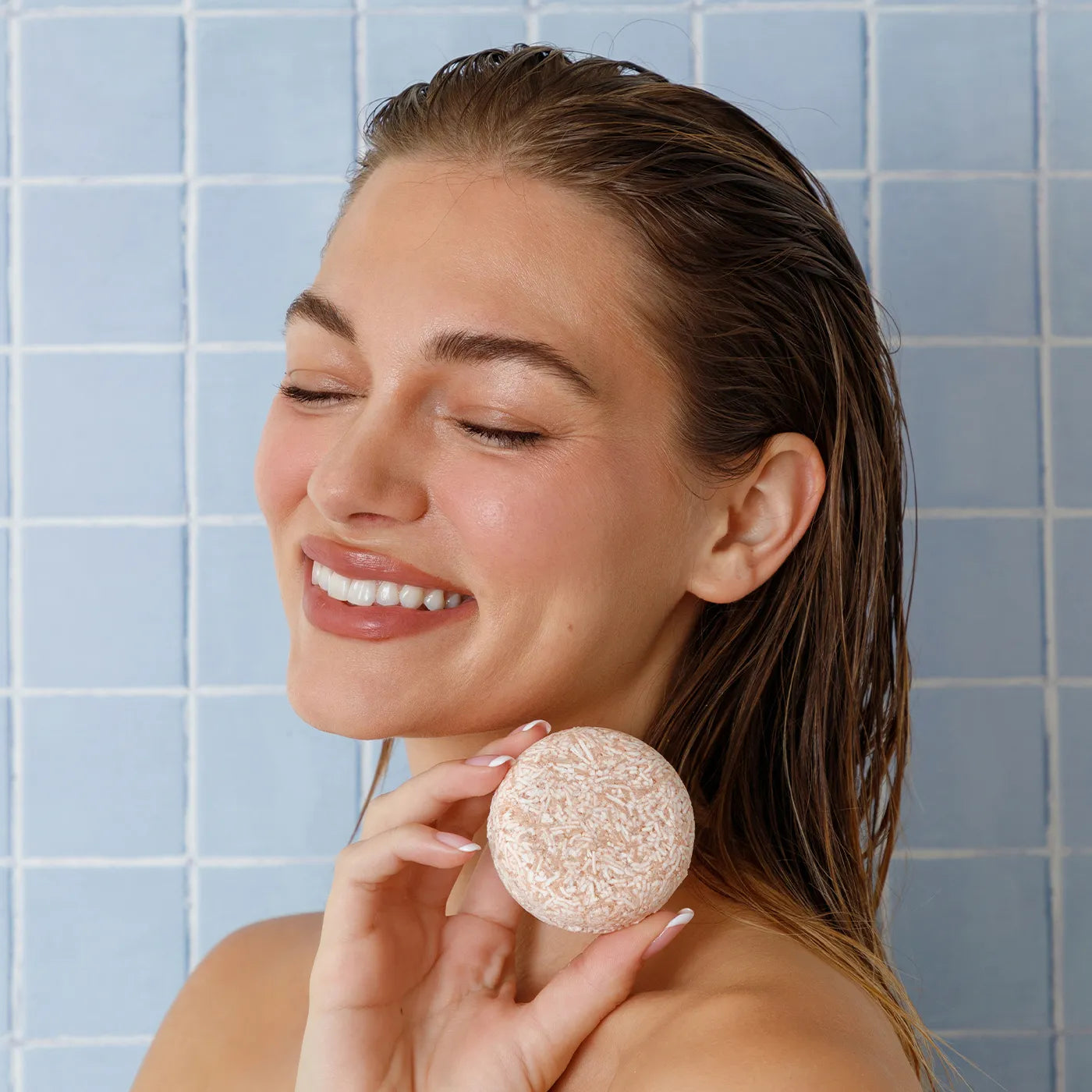
How To Use A Shampoo Bar
Dive into the world of shampoo bars: your guide to sustainable haircare that nurtures your scalp, promotes healthy and radiant locks.
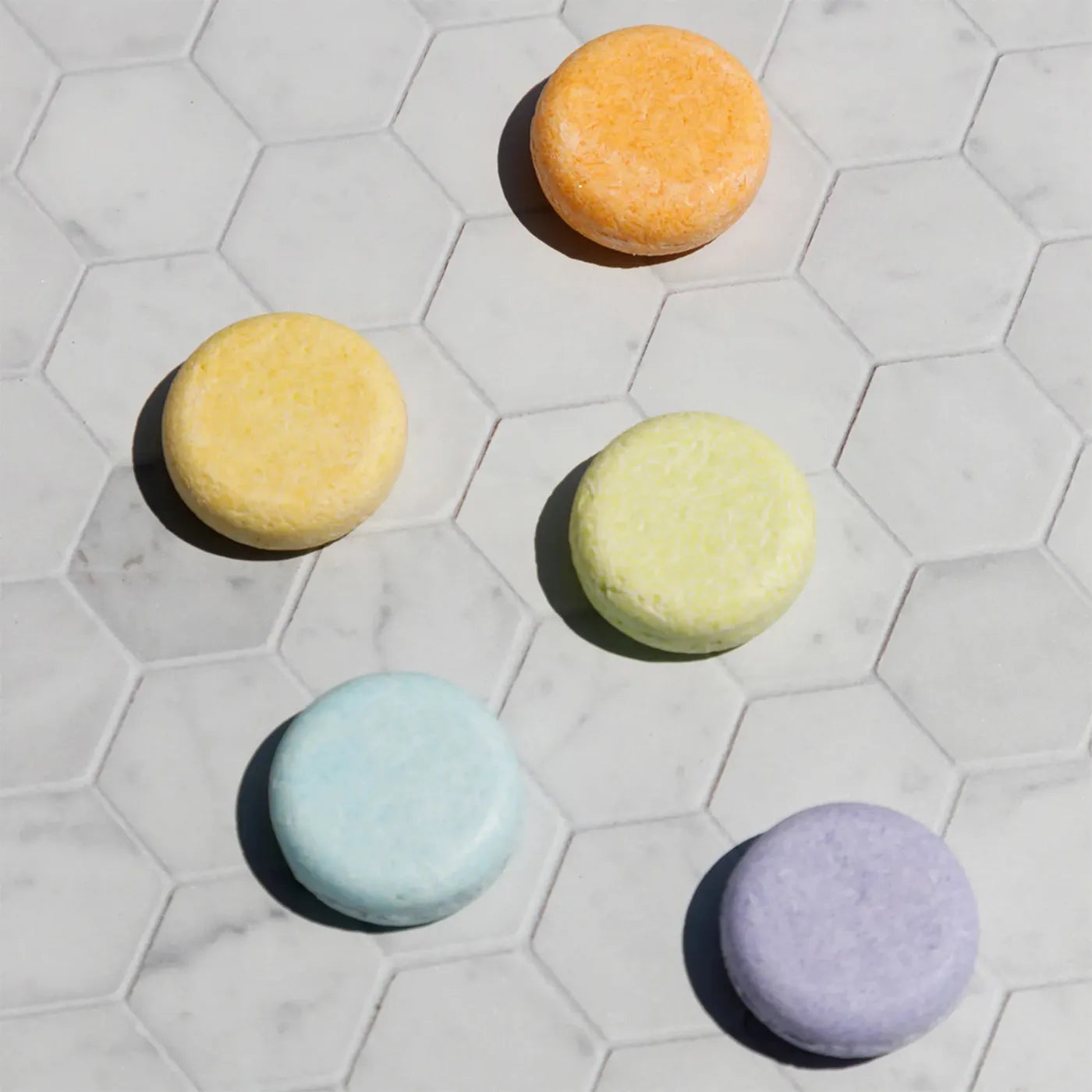
How Often Should I Condition My Hair?
Discover how often you should condition your hair with our easy guide. Achieve hydrated, healthy hair with the perfect conditioning routine for your needs.


